It’s been a crazy couple of weeks—a whirlwind of events, to say the least. Seems like the world got turned over in less than a month. Natural disasters are igniting on all sides of the globe. Could it be that the planet is trying to tell us something? Is humanity in harm’s way?
Nature tends to balance itself over time. One recently observed consequence of global warming is more intense and frequent storms. Are we the cause of this? Has it come to the point that to save humanity we must first save the planet?
“Never having been in the position of first responder, it was humbling to see the acts of humanitarianism.”
Hurricane Harvey was the first to make landfall this season, sinking lowland Texas communities, taking homes and lives and costing many billions in damage. Next came Hurricane Irma, the biggest and most powerful storm ever recorded in the Atlantic. Its path through the Caribbean will leave a mark for years to come and be remembered as the benchmark of a historic sequence of events. “Catastrophic” is an understatement.
Puerto Rico, the place I call home, dodged a big bullet as Hurricane Irma just grazed the “Island of Enchantment.” The Windward and Virgin Islands weren’t so lucky. With recorded winds of over 200 mph, several of these islands were decimated by Irma, leaving thousands with no option but to start all over again.
Irma’s destruction so close to home sparked an urge to help our beloved island neighbours. In a matter of days Puerto Rico had fleets of private boats and planes en route to the Virgin Islands with aid and humanitarian relief workers. Sharing the same feeling, I reached out to my friend, Jon Rose, founder of Waves For Water (W4W), a nonprofit organisation dedicated to bringing clean water to communities in need. In a week he had built a strategy and a team to aid the affected islands.
 Jose Perez, one of Puerto Rico’s Waves for Water leads, shows the evident difference between dirty and clean water that’s essential for survival. Photo: Ethan Lovell
Jose Perez, one of Puerto Rico’s Waves for Water leads, shows the evident difference between dirty and clean water that’s essential for survival. Photo: Ethan Lovell
I headed to join him at St. Croix, one of the Islands not seriously affected, using it for strike missions to areas heavily affected by the storm. Being surfers and always looking at the weather maps, to our surprise we saw yet another storm showing ominous potential. In a little more than 24 hours, Hurricane Maria started showing her teeth. Within a day she grew from a tropical storm to a Category 5 hurricane.
For me, this set a scene of panic, knowing that my family was in Puerto Rico and potentially in the path of this new storm.
Knowing what a hurricane entails, my biggest worry was not being able to assist my family. From prepping in advance to anticipating the aftermath, a storm puts logistical strain on every part of your life. Considering that both Puerto Rico and St. Croix were forecast to be directly hit by this massive storm, some reassessments had to be made. When push came to shove we had to decide who was going to stay and continue assisting the Virgin Islands and who would return to Puerto Rico.
Part of the crew would weather the storm in St. Croix and attend the issues related to the aftermath there and the need for clean water, while the other half would head back to Puerto Rico. Flights were getting canceled due to the approaching storm and things started to get a little hectic. I found myself trapped. With no alternative, I had to pick up the “red phone” and call in a favour, contacting a friend to get a plane or helicopter to fly us back to Puerto Rico. After probably the longest day of my life, we were lucky enough to be the last flight out on a four-seat prop plane back to Puerto Rico.
Getting back to PR and my family was the biggest relief I have ever known. We immediately secured my house and got my family to their safe place. Then, with the rest of the Waves for Water team, I spent the last few hours before Maria’s arrival helping to secure the homes of friends and neighbours. After that there was nothing more to do but sit and wait.
Maria arrived as a smaller storm than Irma, yet a very powerful one. She hit Puerto Rico on September 20 as a nasty Cat 4 with winds topping 150 mph.
 The realities of Maria’s aftermath have impacted many people and left them without a roof over their heads. Optimism may be the only answer for a stronger and better Puerto Rico in the future. Salinas, Puerto Rico. Photo: Ethan Lovell
The realities of Maria’s aftermath have impacted many people and left them without a roof over their heads. Optimism may be the only answer for a stronger and better Puerto Rico in the future. Salinas, Puerto Rico. Photo: Ethan Lovell
With experience on the storm front I knew that there would be much work to be done after this swirling phenomenon was past us. My country would fall into chaos and the need for help would be more than evident. Never having been in the position of first responder, it was humbling to see the acts of humanitarianism.
It’s a bittersweet thing to see that it takes a catastrophe to trigger such behaviour in humanity. I was impressed to see that the private sector was the first to respond. That said, I’m grateful for all of those who stepped forward to put the needs of others before their own.
Maria’s devastation affected Puerto Rico in many ways. People were left with very little, after losing homes to flooding, heavy winds and landslides. Infrastructure was severely compromised. Our power grid was compromised as well. To date, about 20% of the island has electricity, and access to clean water seems to be one of the biggest problems.
As a result of what happened, many families with small children, the old and the ill needed to get out of Puerto Rico. Fortunately, we had the opportunity to get my family out to Canada, back to normality. I stayed behind to help tackle our W4W mission and supply clean water to the communities in need. I had just learned W4W’s philosophy and methodology and now I was going to have to put them into practice on my own island.
 We believe that bringing a clean water solution is vital to areas in need. Here, Otto shows some Coast Guard officers how to implement the filtration systems. Photo: Ethan Lovell
We believe that bringing a clean water solution is vital to areas in need. Here, Otto shows some Coast Guard officers how to implement the filtration systems. Photo: Ethan Lovell
Puerto Rico serves as the hub for the Caribbean island chain and cutting that lifeline would have dire consequences for the Virgin Islands. We established a well-versed team in Puerto Rico to implement our water-filter system and set a wide distribution plan across the island. It wasn’t until we had achieved some degree of stability that we had the opportunity to go back to the Virgin Islands to reassess and support their needs.
I’m happy to report that we have made great progress in the distribution of water filter systems, helping to avoid a bacterial epidemic on Puerto Rico and also in the Virgin Islands. There is a long road ahead and much more work has to be done. We believe that approximately 60% of the island is still in need of clean water so we will work hard to better that number. It’s a temporary solution, but communities in need with sustainable water solutions will be also in the works.
This season produced three devastating storms in less than a month. This leads me to believe that climate change could have been the catalyst for these weather phenomena to reach such potential. Some of the warmest water temperatures ever in the Atlantic set the stage for these systems to become catastrophic.
With Puerto Rico’s financial issues getting more complicated, our island is in a vulnerable position. Considering Puerto Rico’s debt before the storm, the natural disaster puts us in a critical position. The state of Puerto Rico is the current “table talk.” But regardless of where you stand, it’s hard to digest our current situation, as Puerto Ricans and more importantly as U.S. citizens. Puerto Rico faces a mass exodus and the island’s population will be affected on all levels of the social scale.
 It is very important to maintain these filters to ensure their maximum capacity. If done correctly, a filter like this has the potential to deliver one million gallons of clean water over its life span. Photo: Ethan Lovell
It is very important to maintain these filters to ensure their maximum capacity. If done correctly, a filter like this has the potential to deliver one million gallons of clean water over its life span. Photo: Ethan Lovell
I’d like to thank everyone who has supported what we are doing on the ground, especially the surf community that has stepped up and delivered support from the local to the international level through Waves For Water.
I felt like I should write this to my extended family at Patagonia for their commitment, not only for supporting us in these hard times but for setting an example of ways to efficiently guide us in the right direction.
Since 2009, Waves For Water has touched over 7 million people in more than 27 countries. “We work on the front lines to provide access to clean water through the distribution of portable water filters, the digging and renovating of wells and the construction of rainwater harvesting and storing systems in places where groundwater is not accessible.”
To get involved and support the important work of Waves for Water, please visit wavesforwater.org.
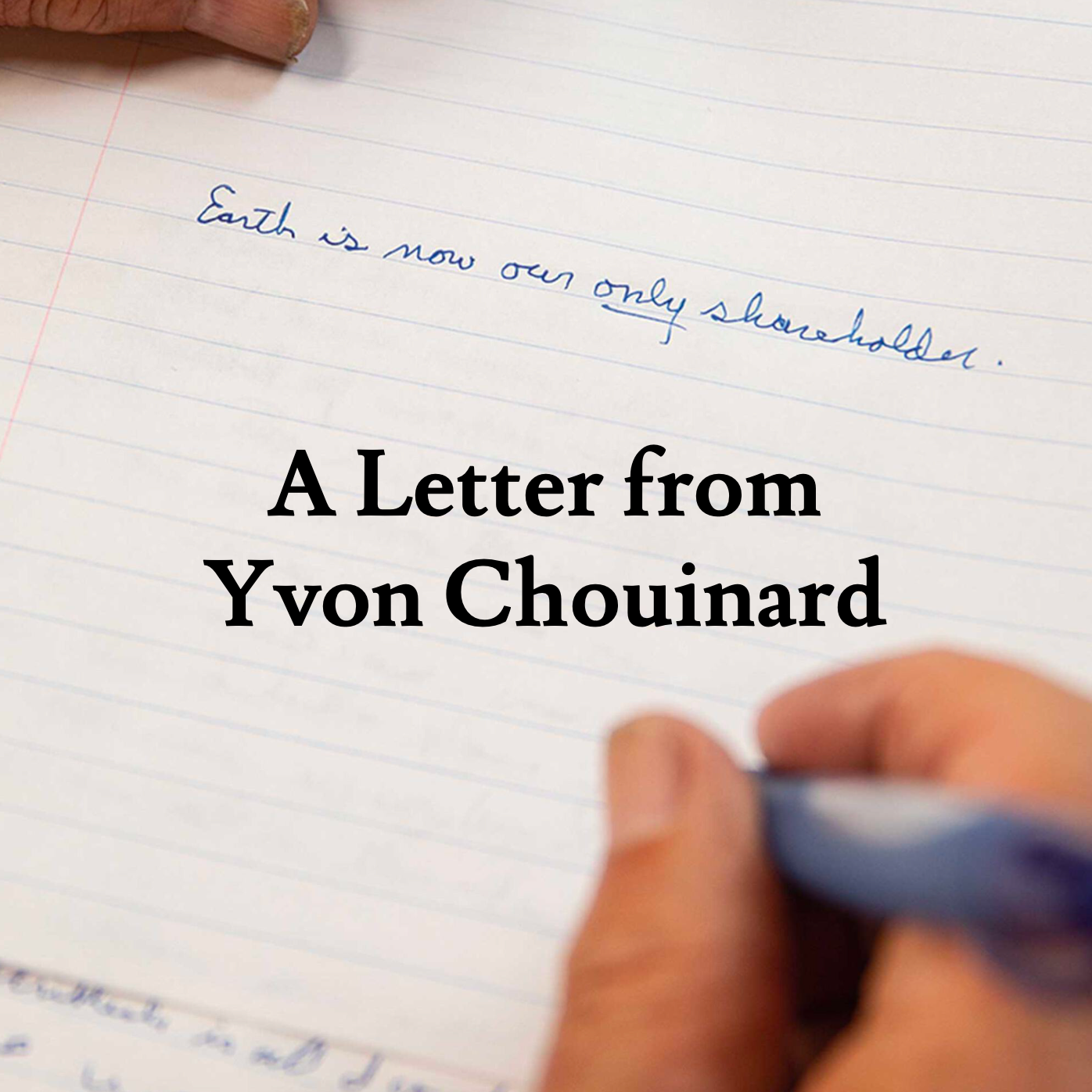
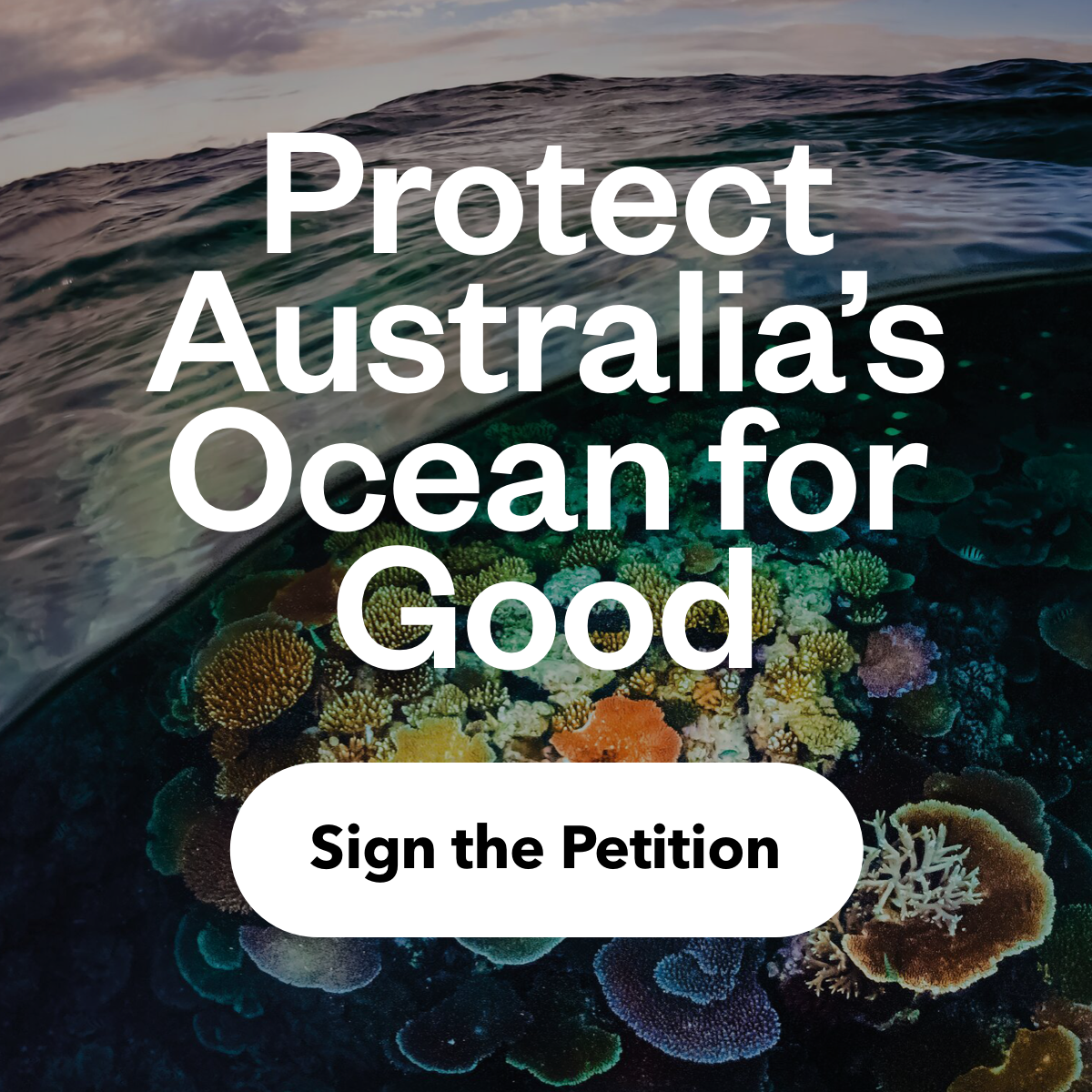
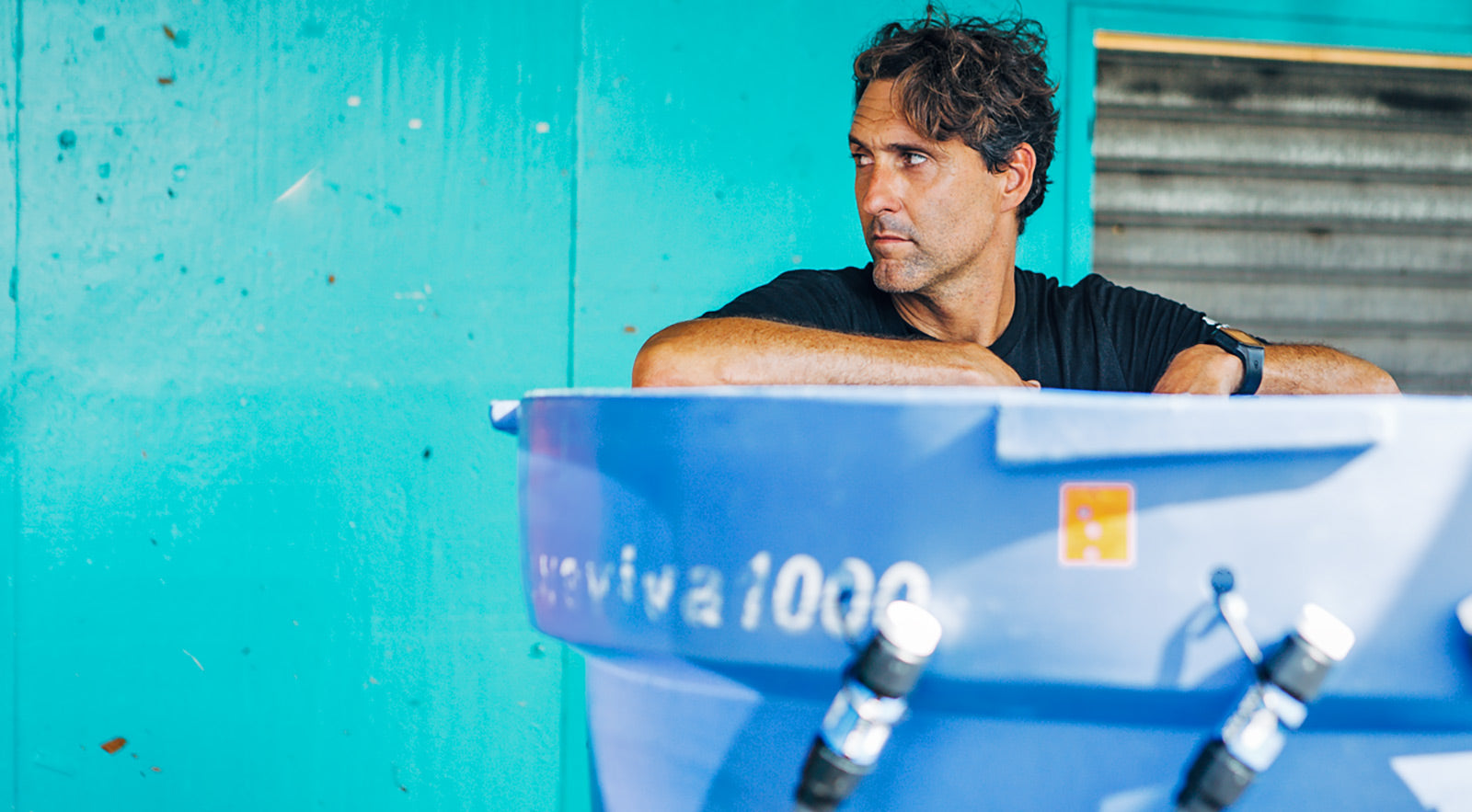

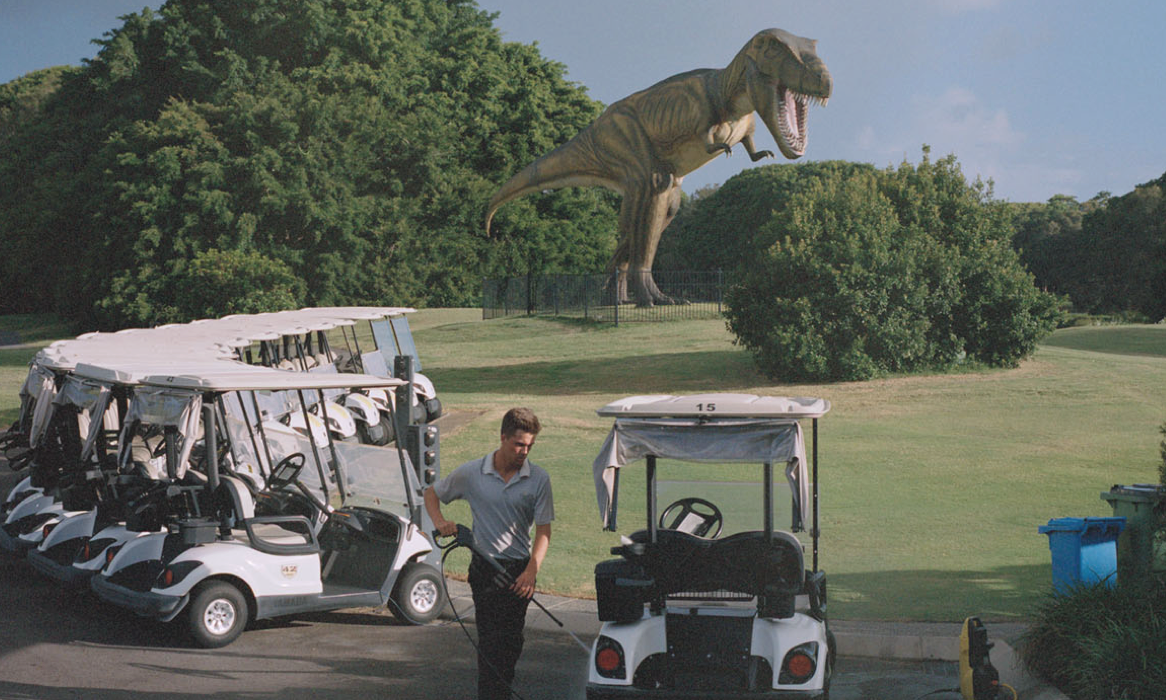
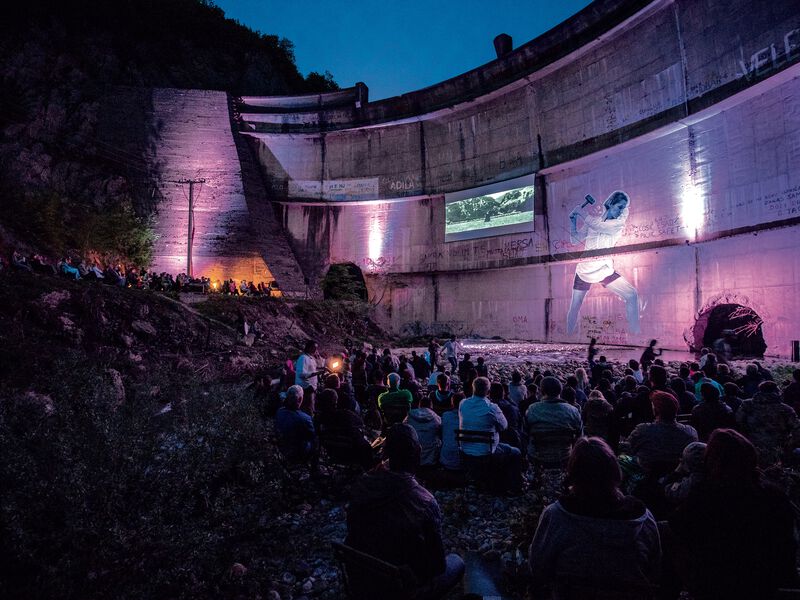



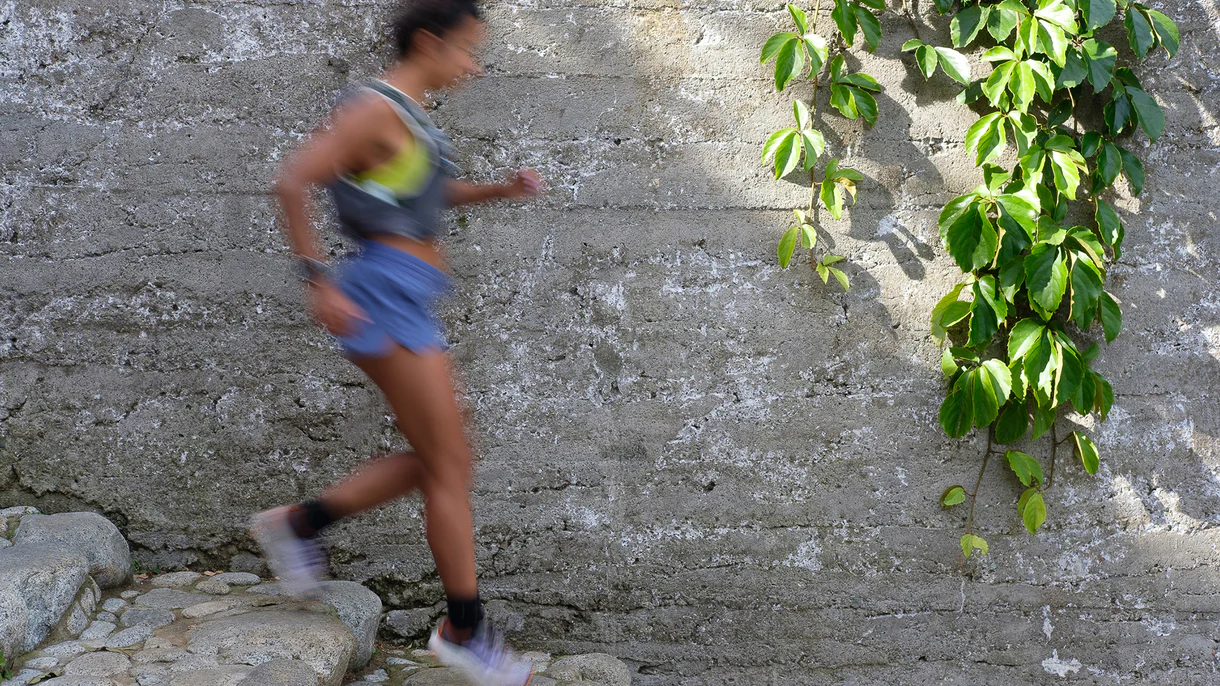
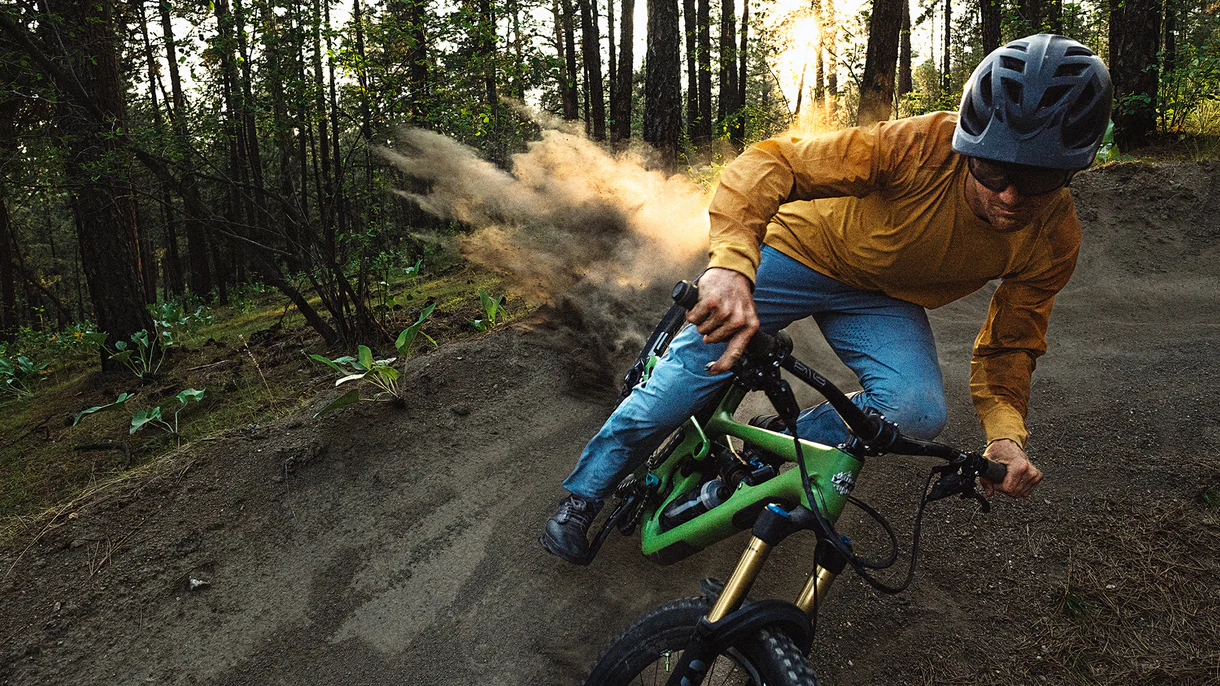
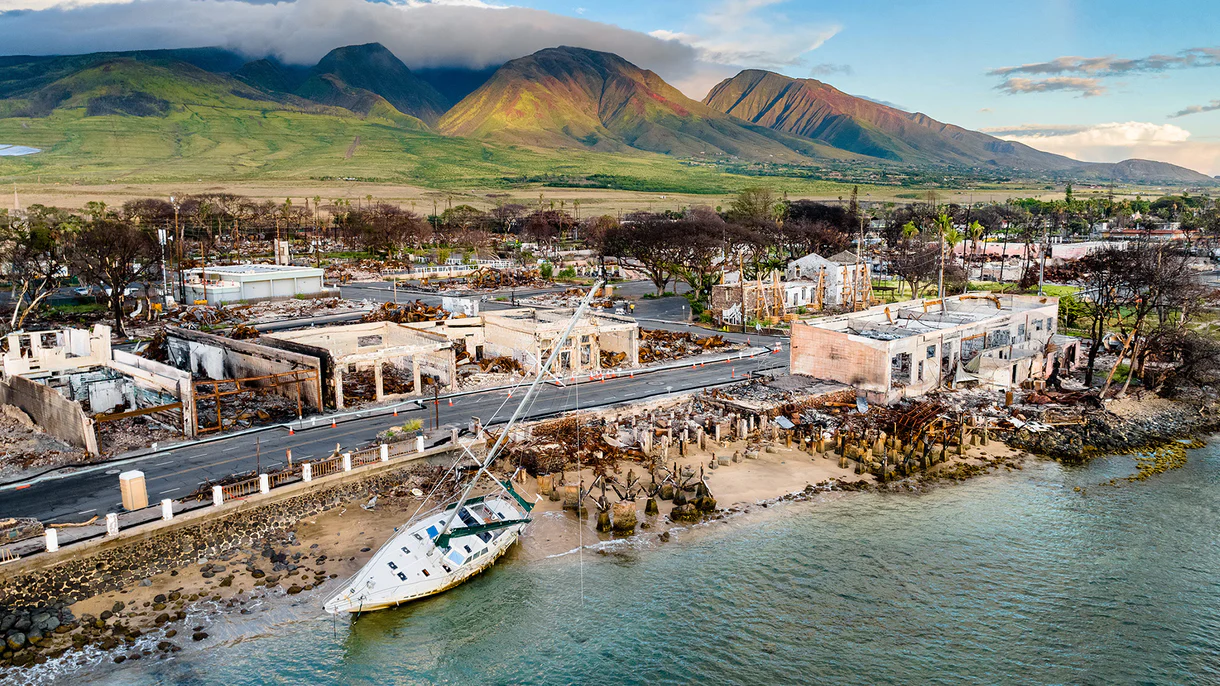

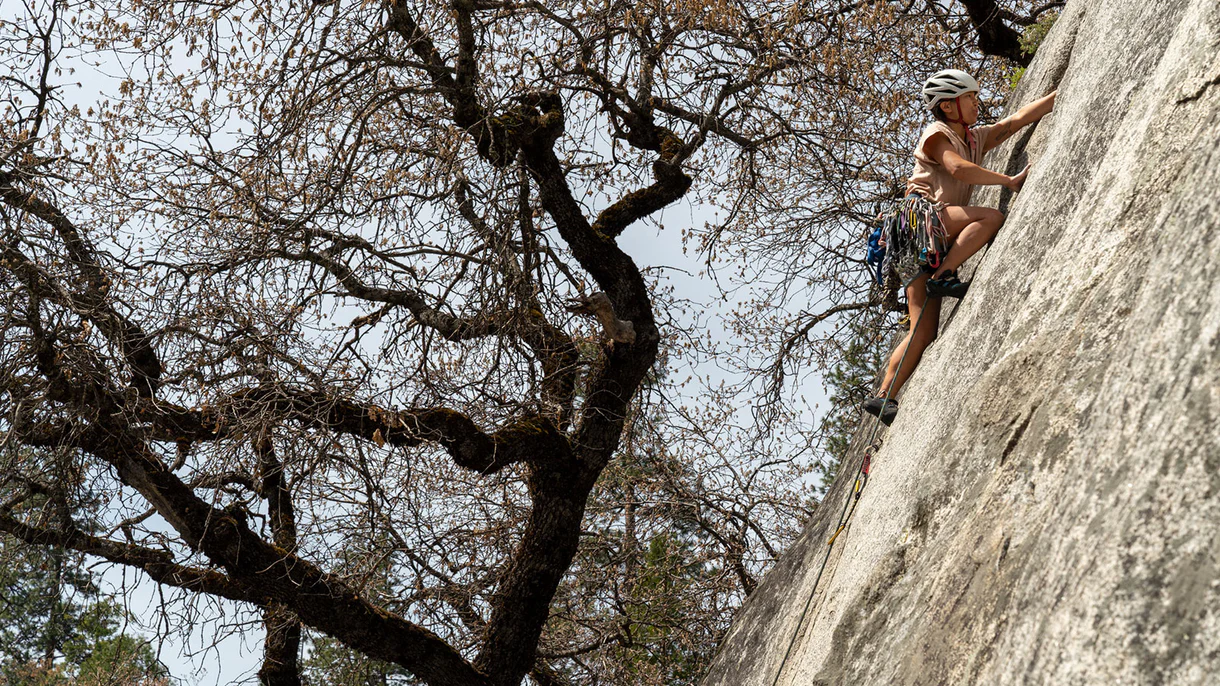
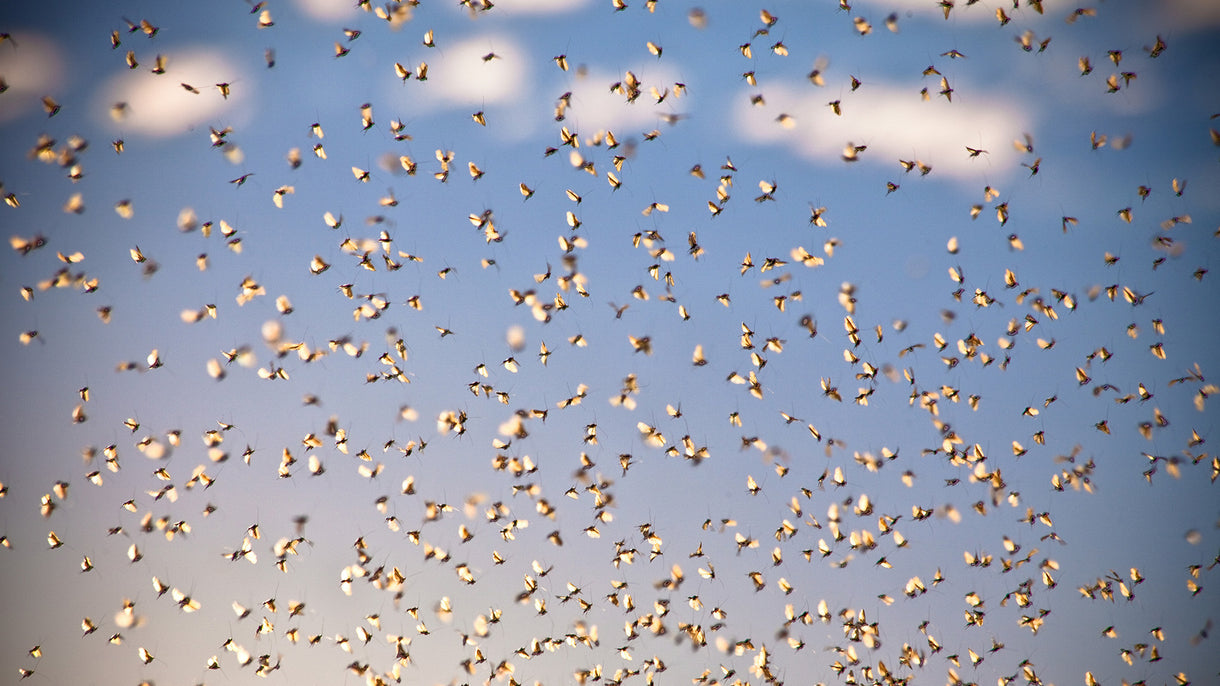
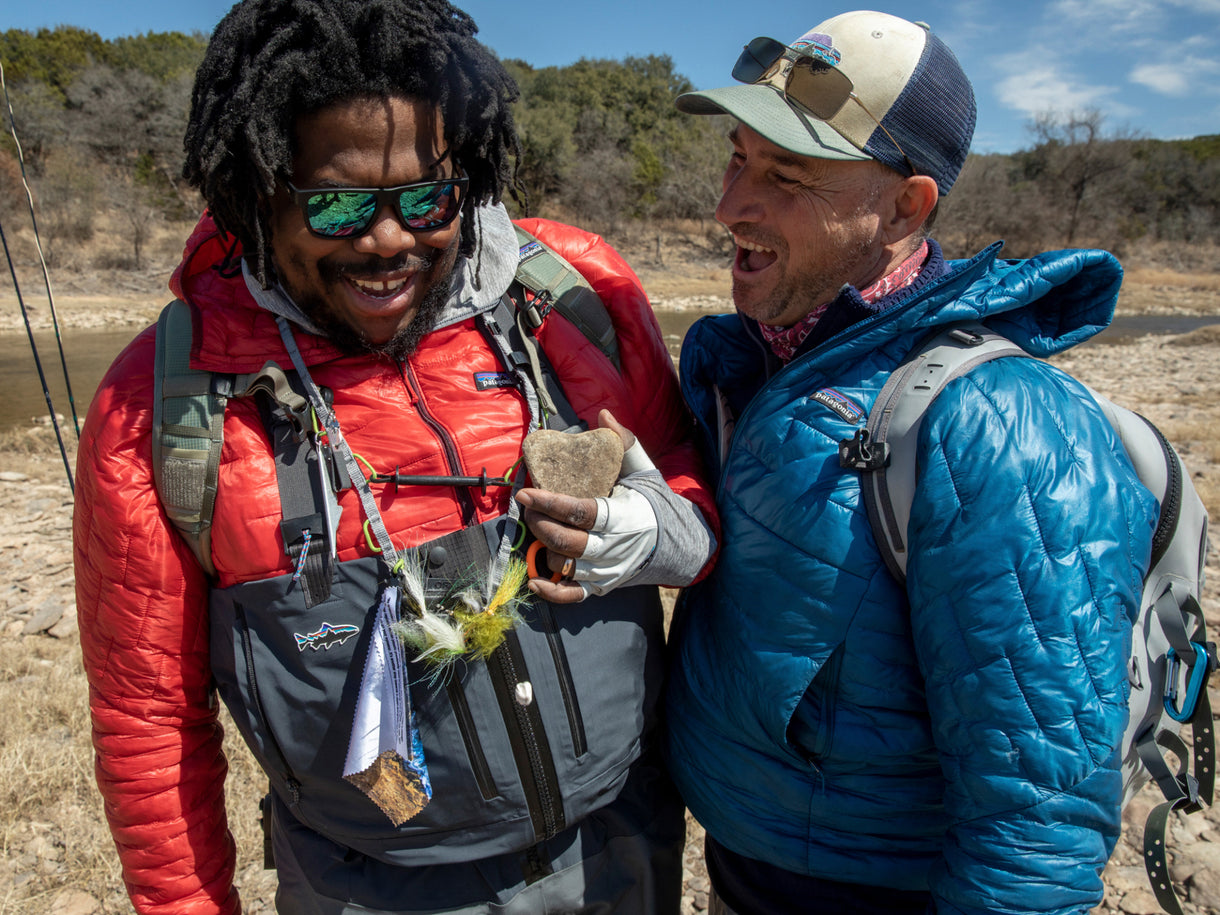
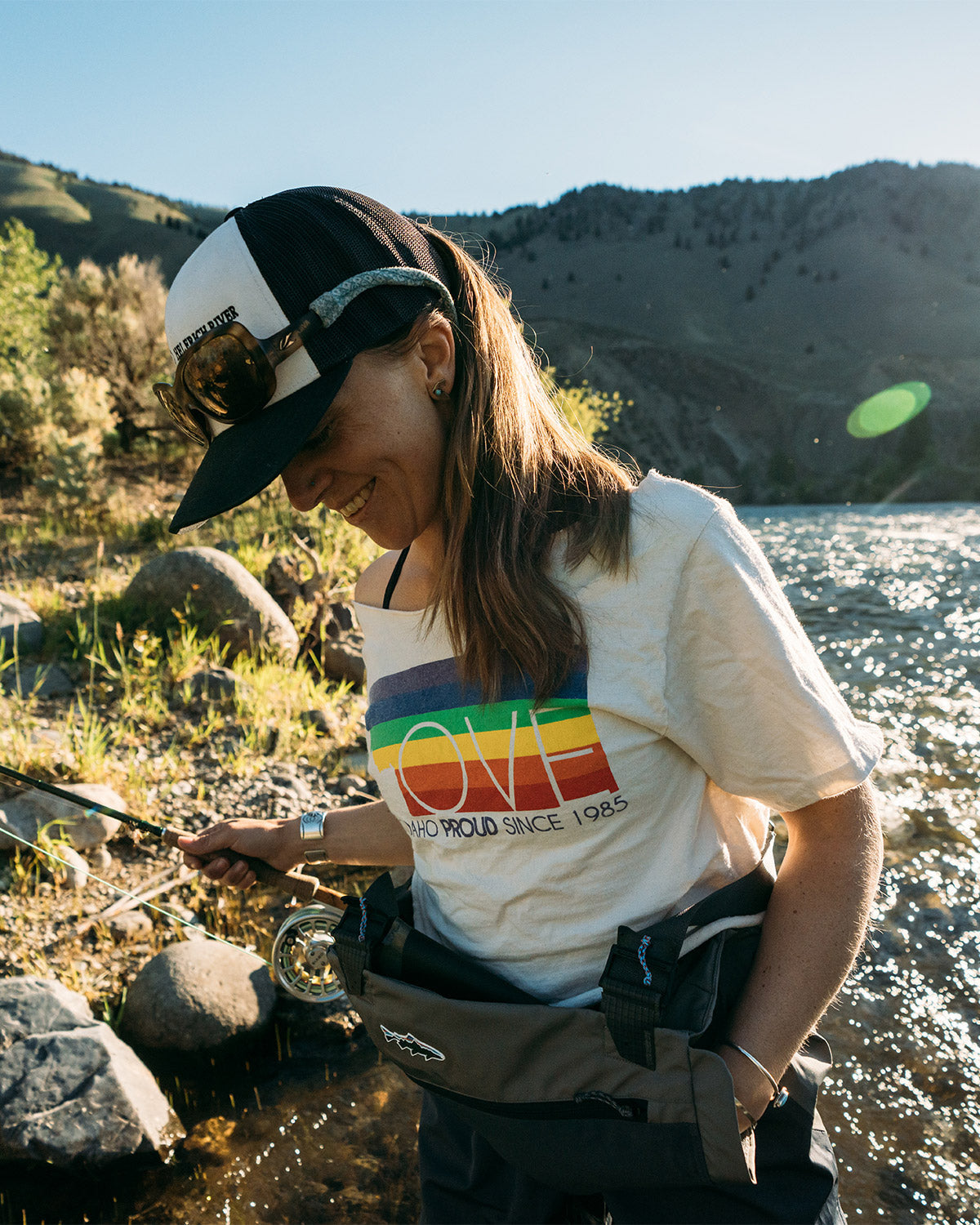
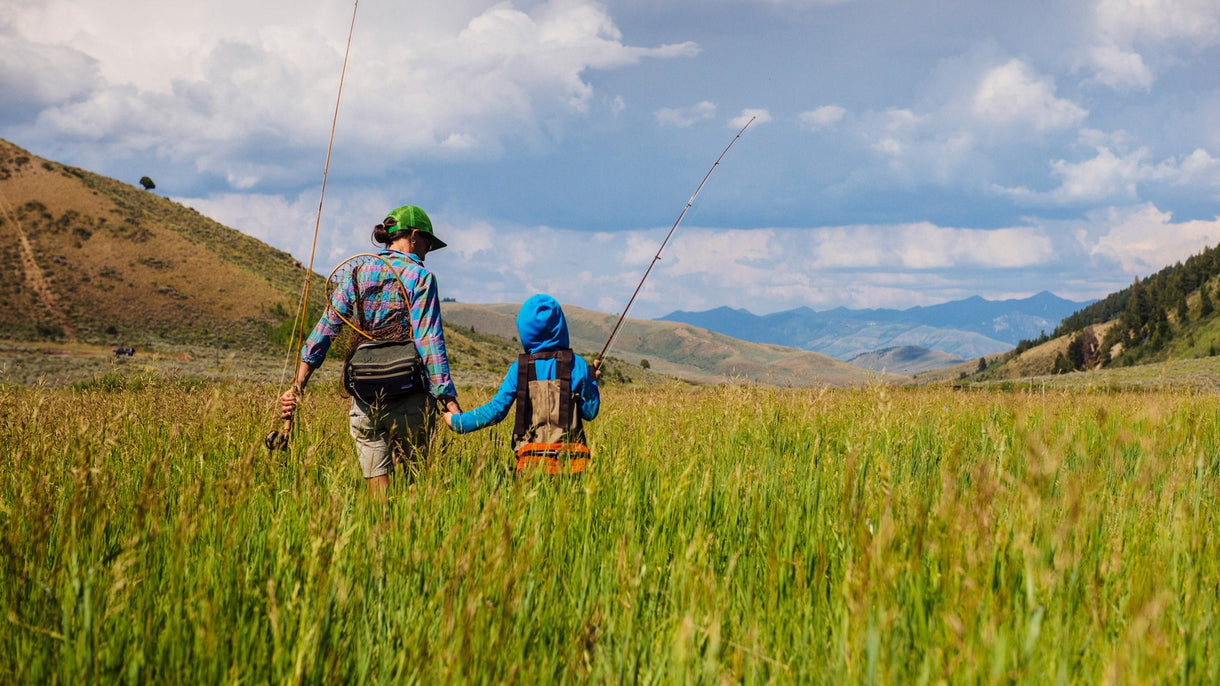

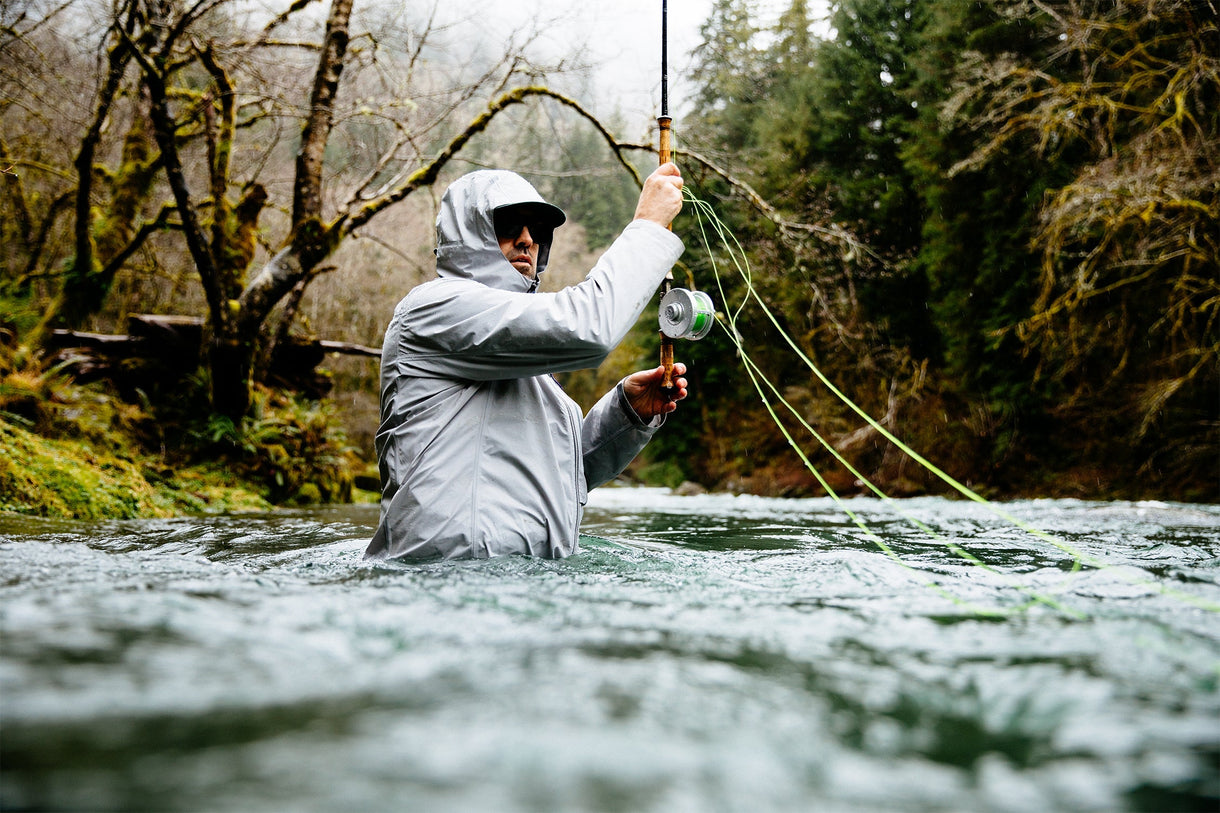






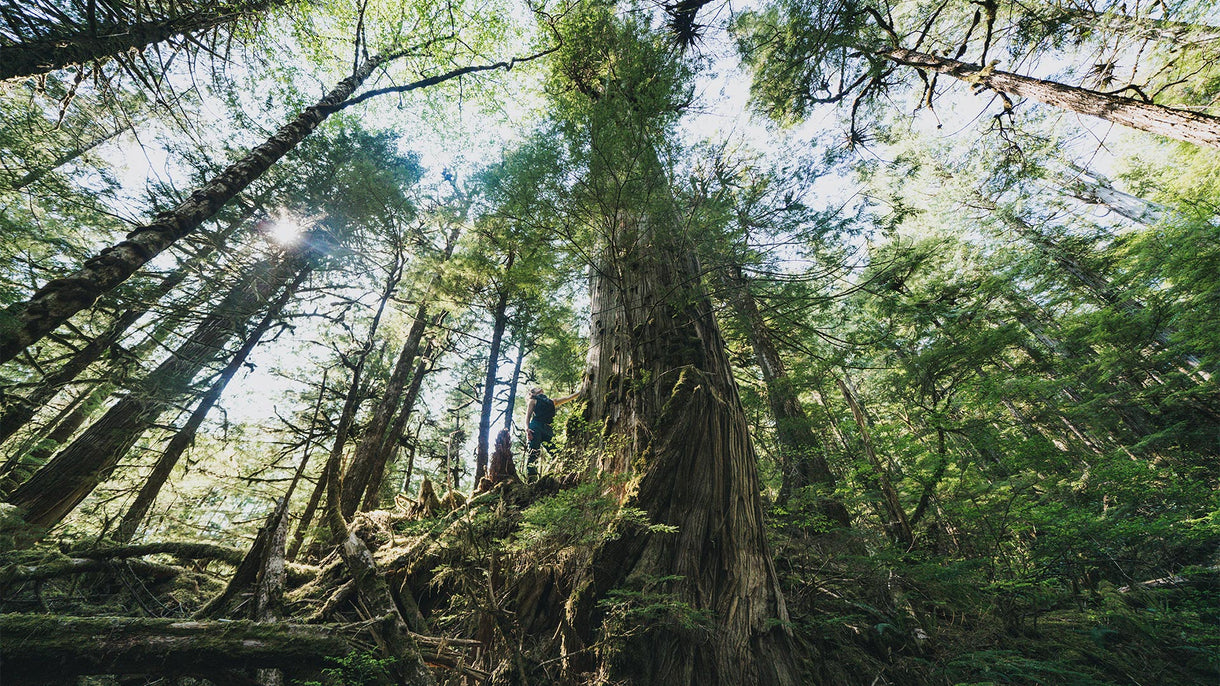
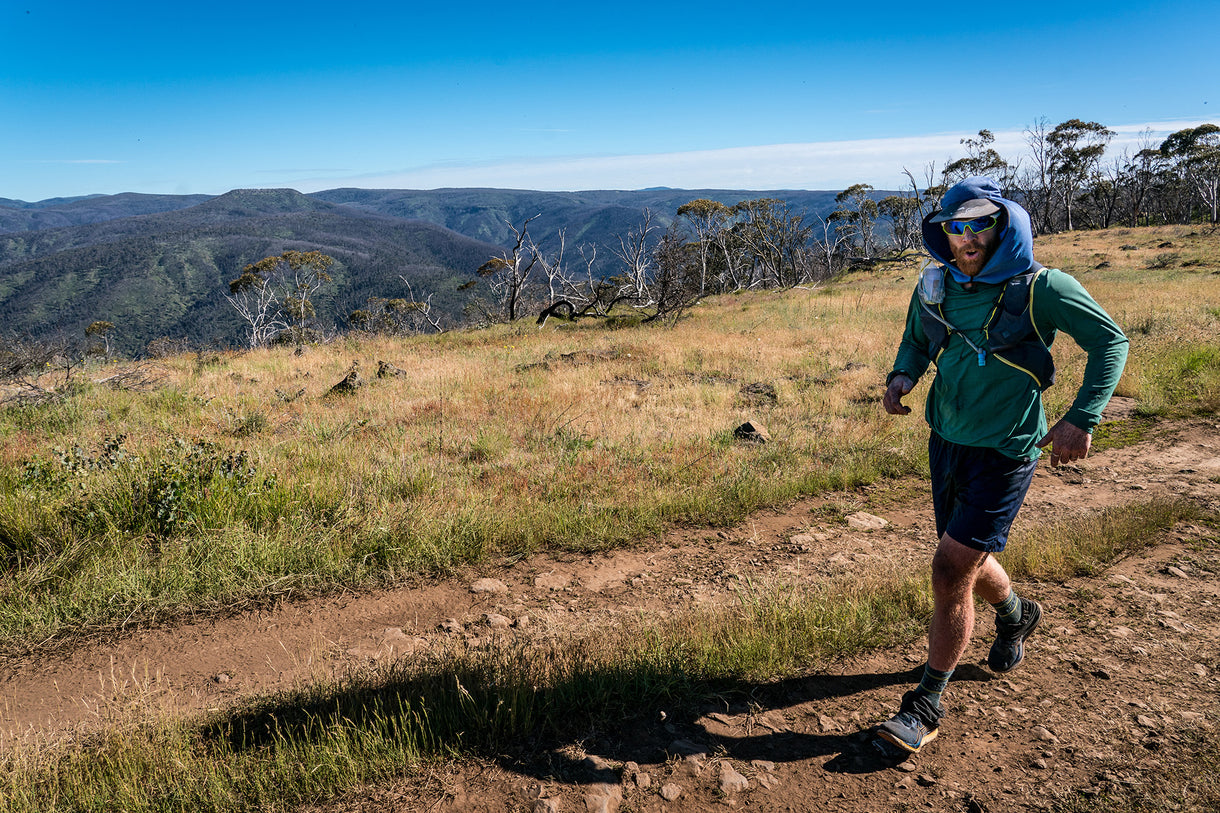
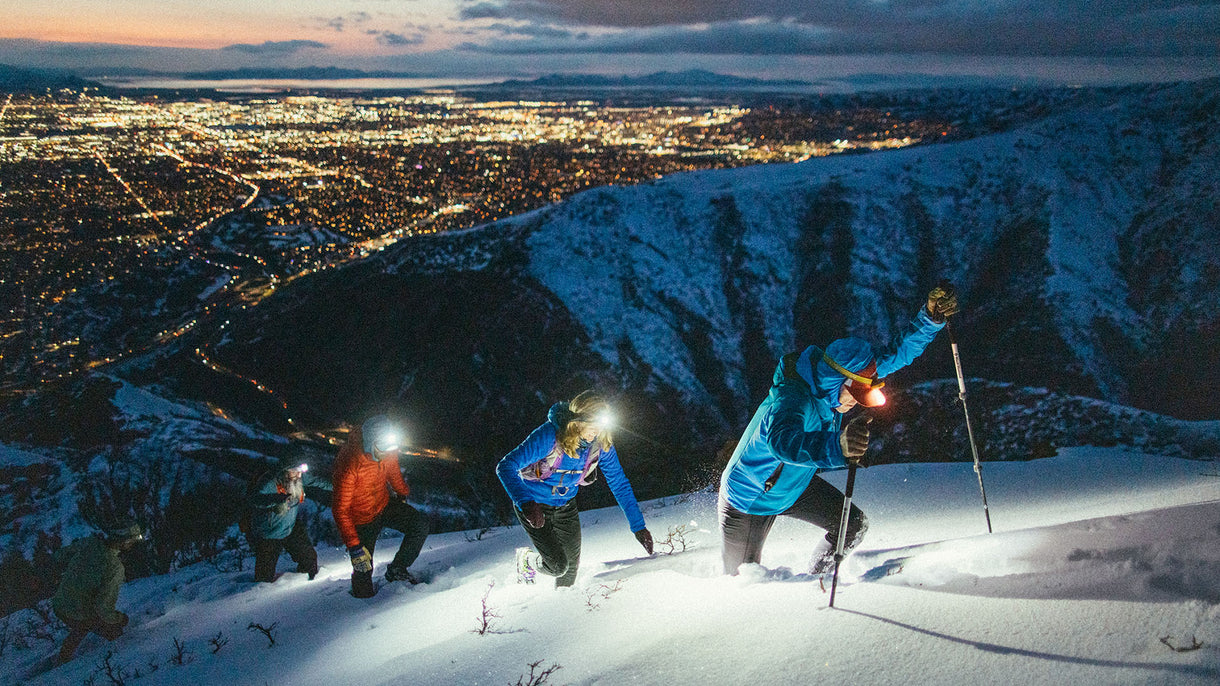
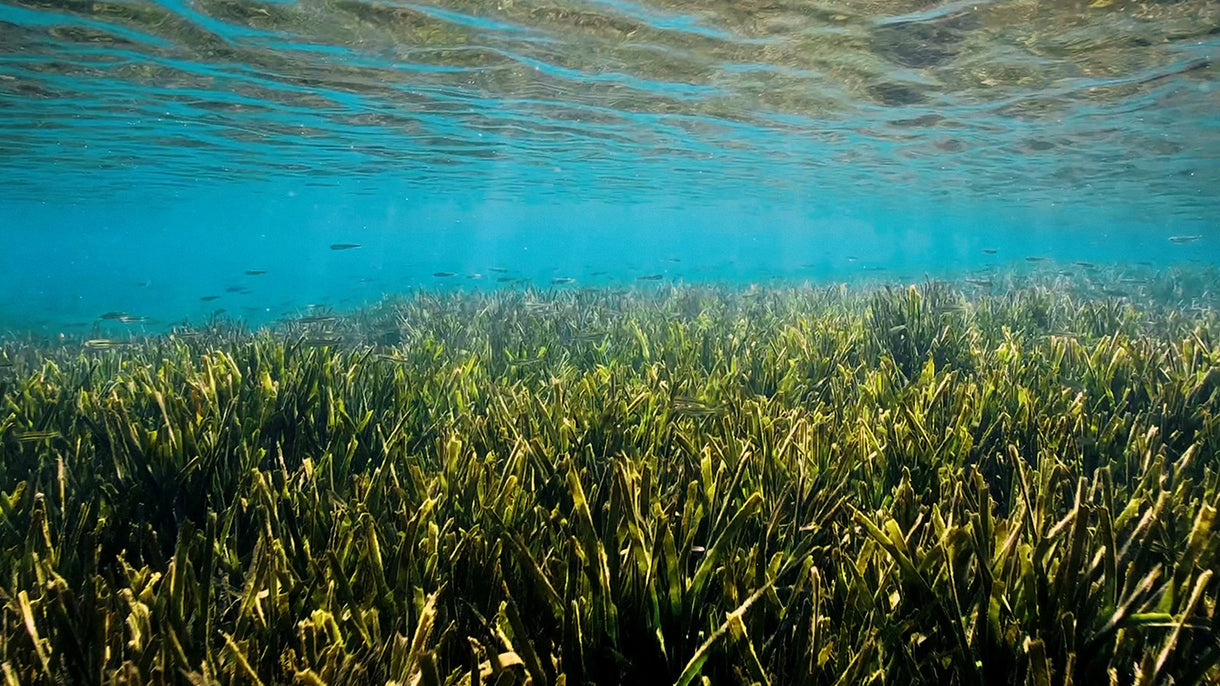
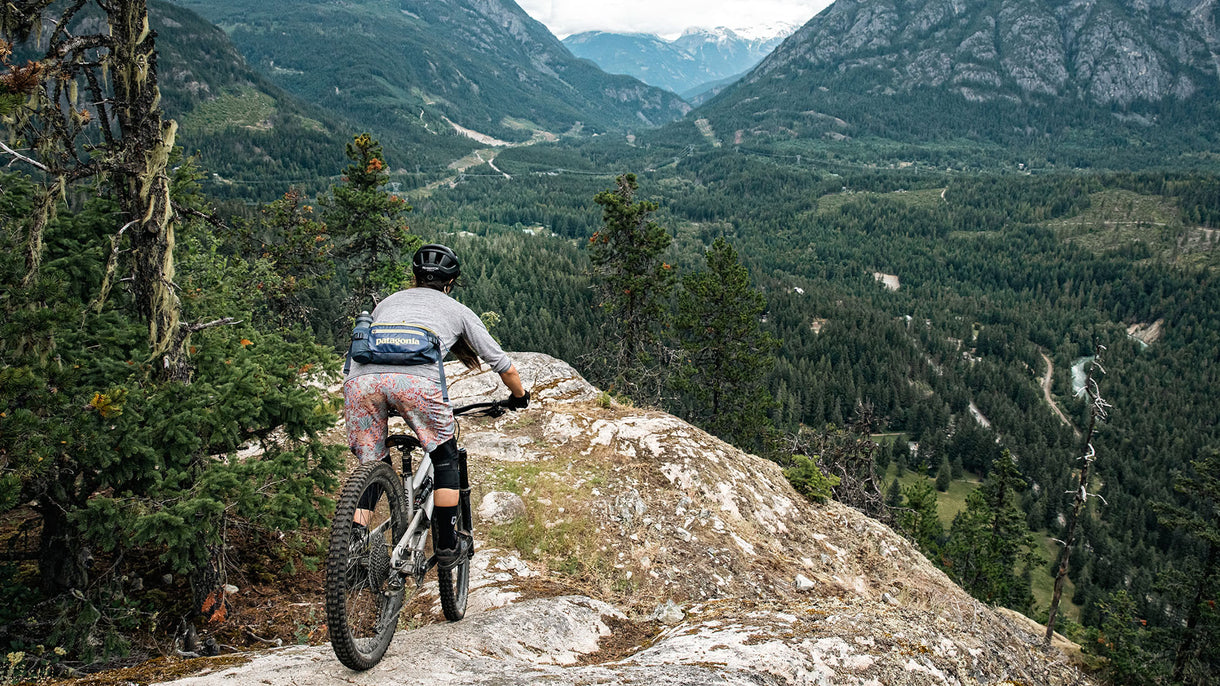
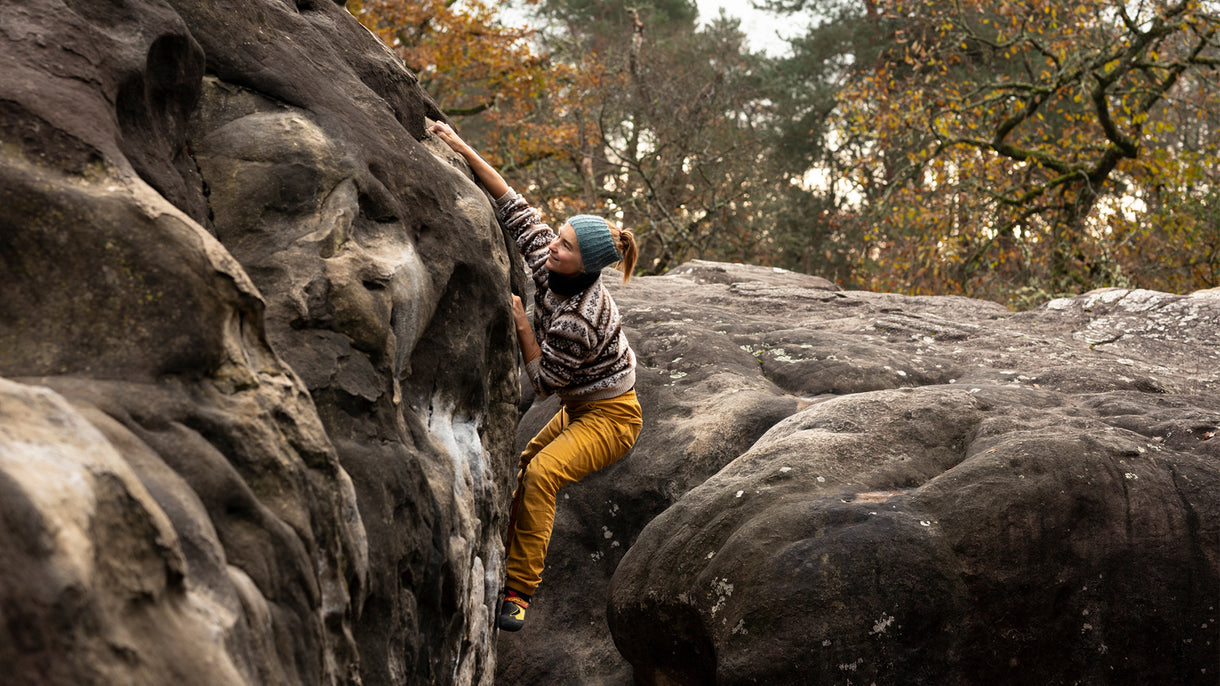
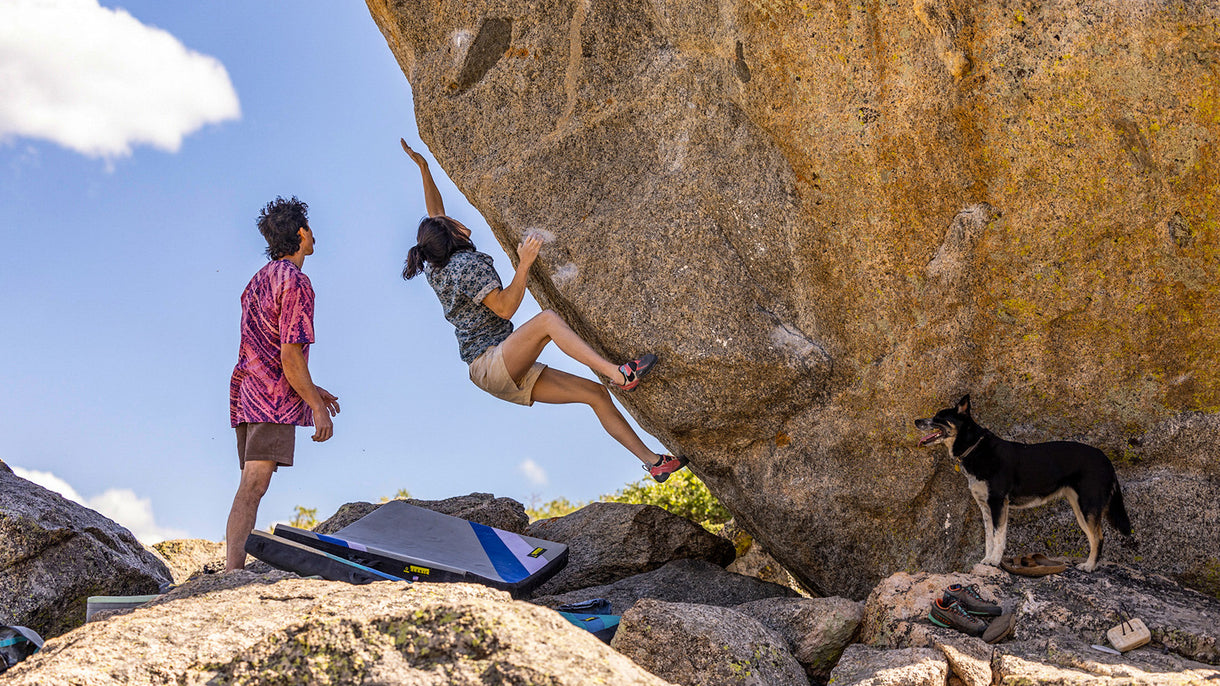

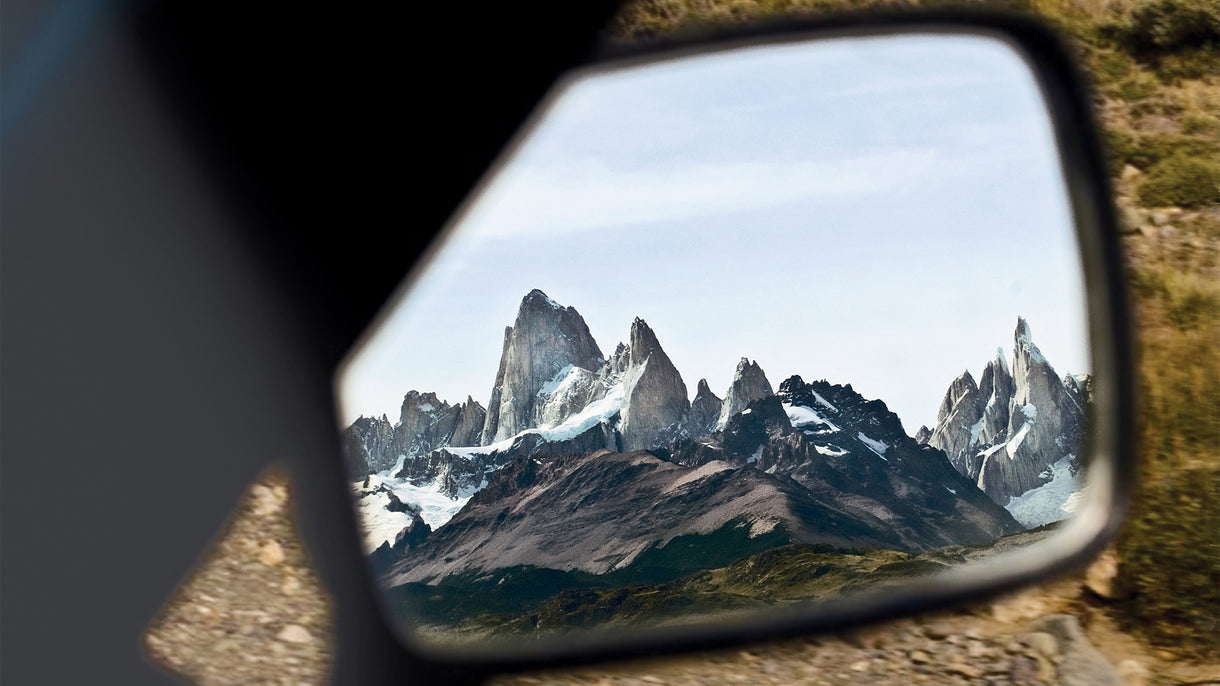
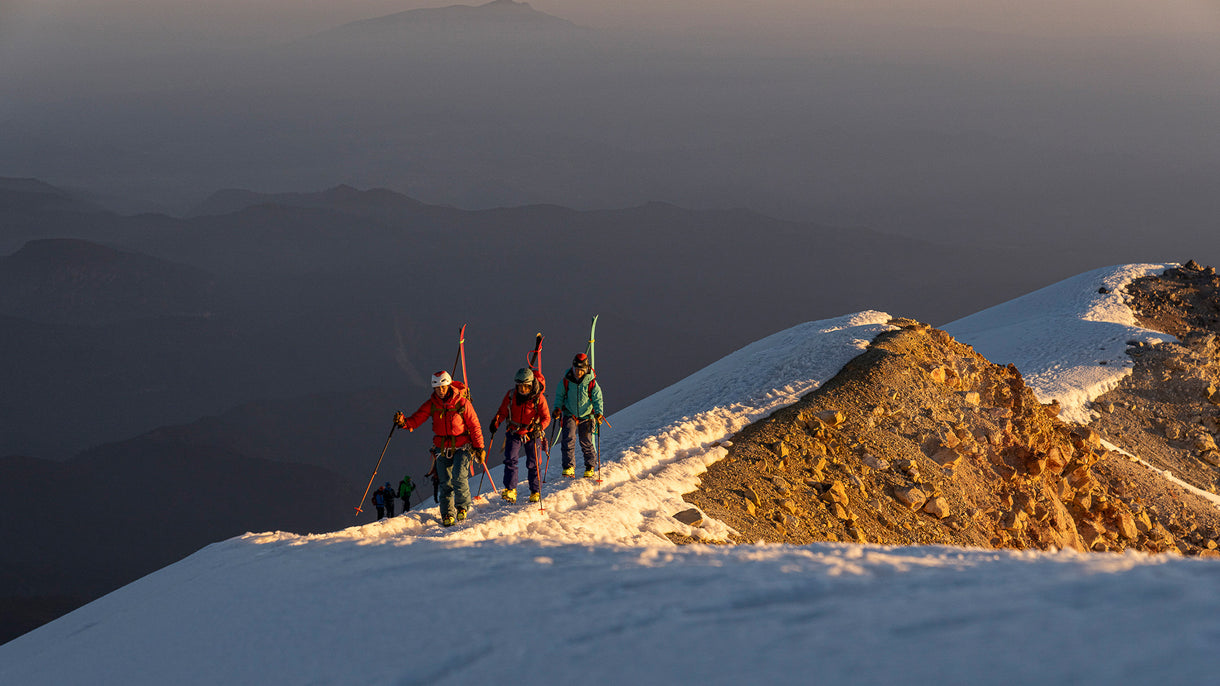
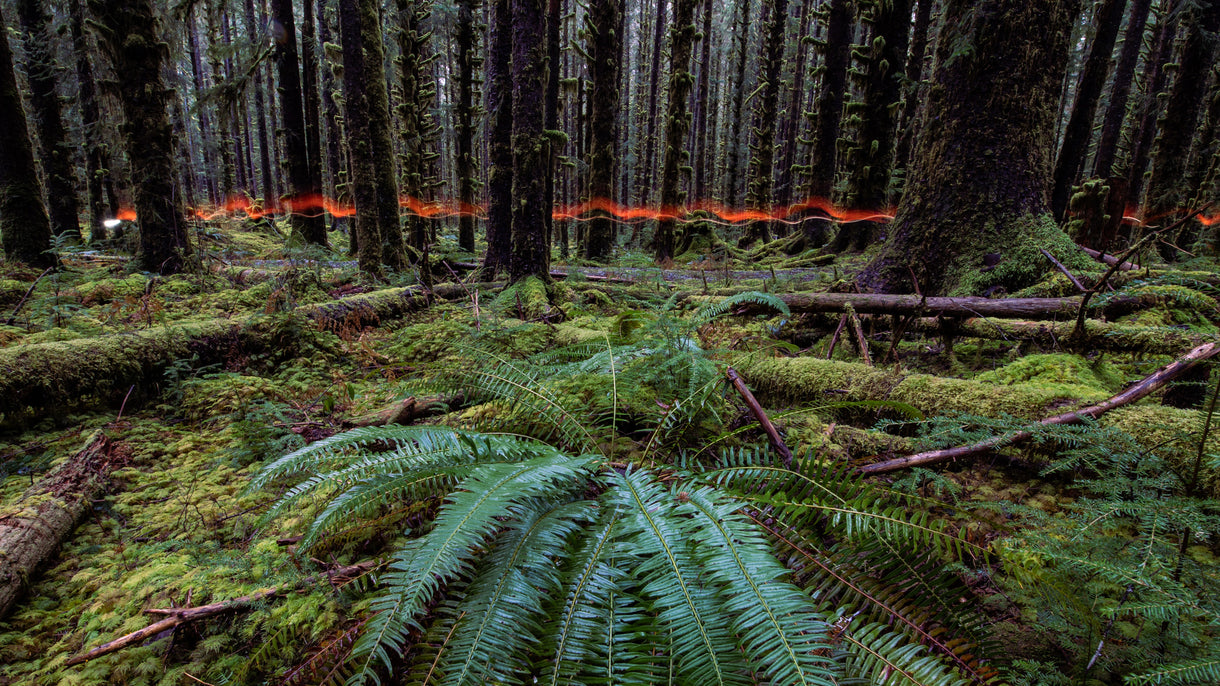
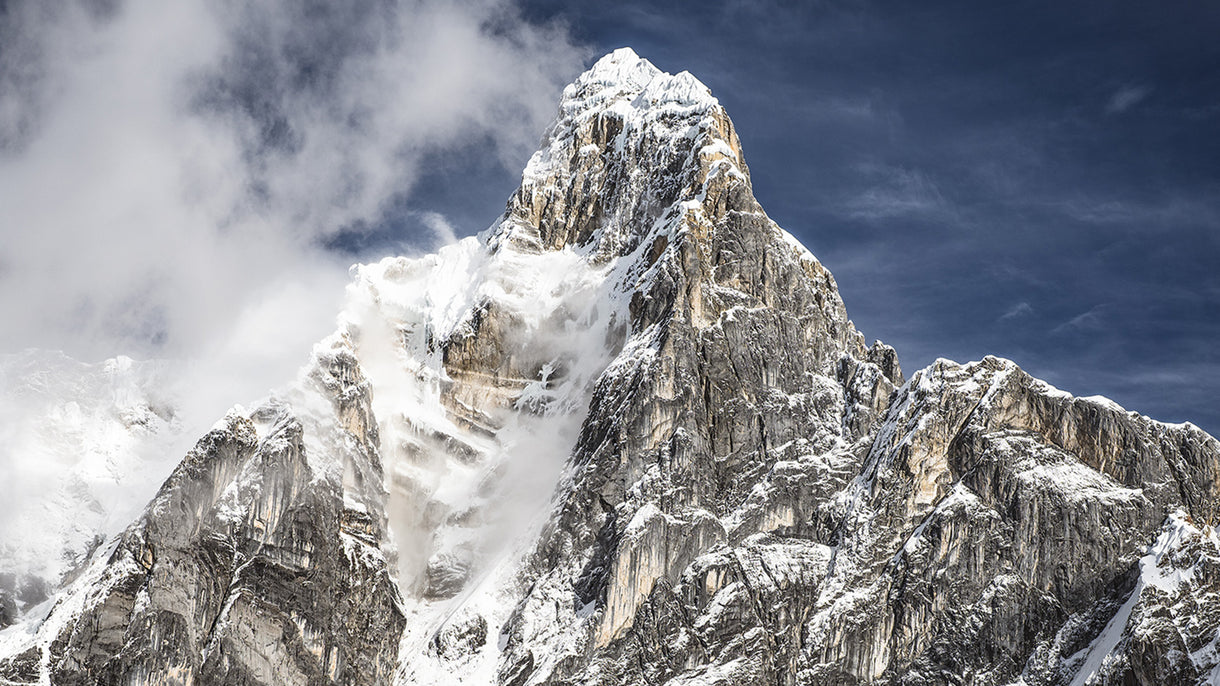
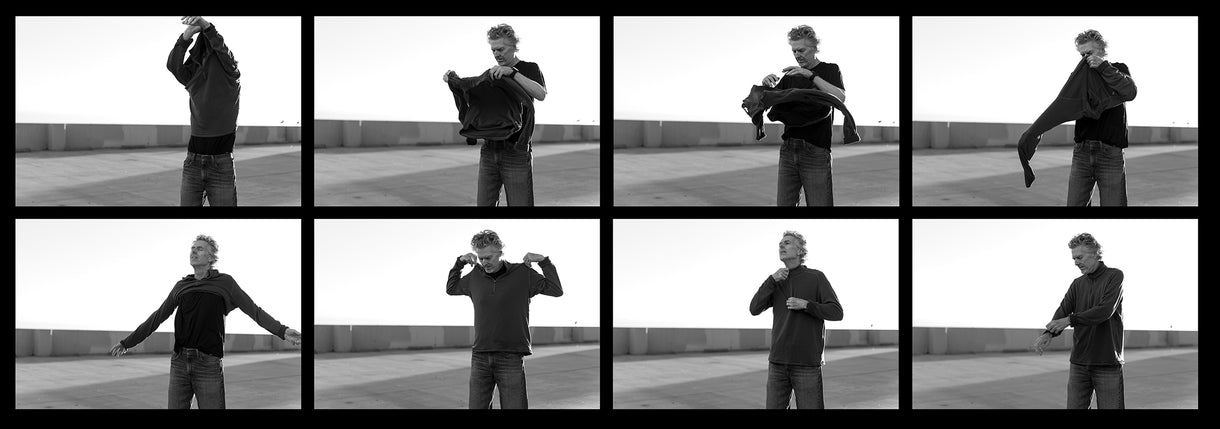
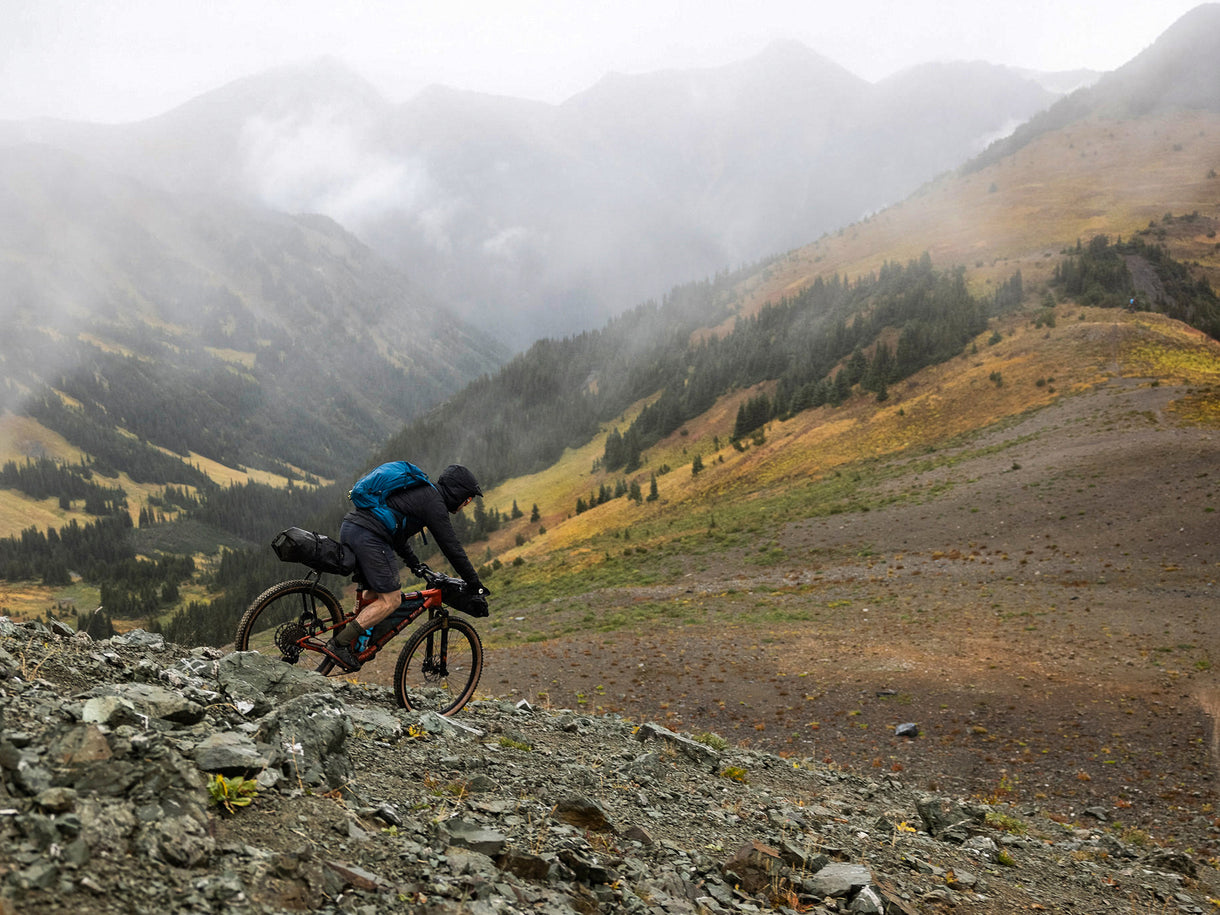
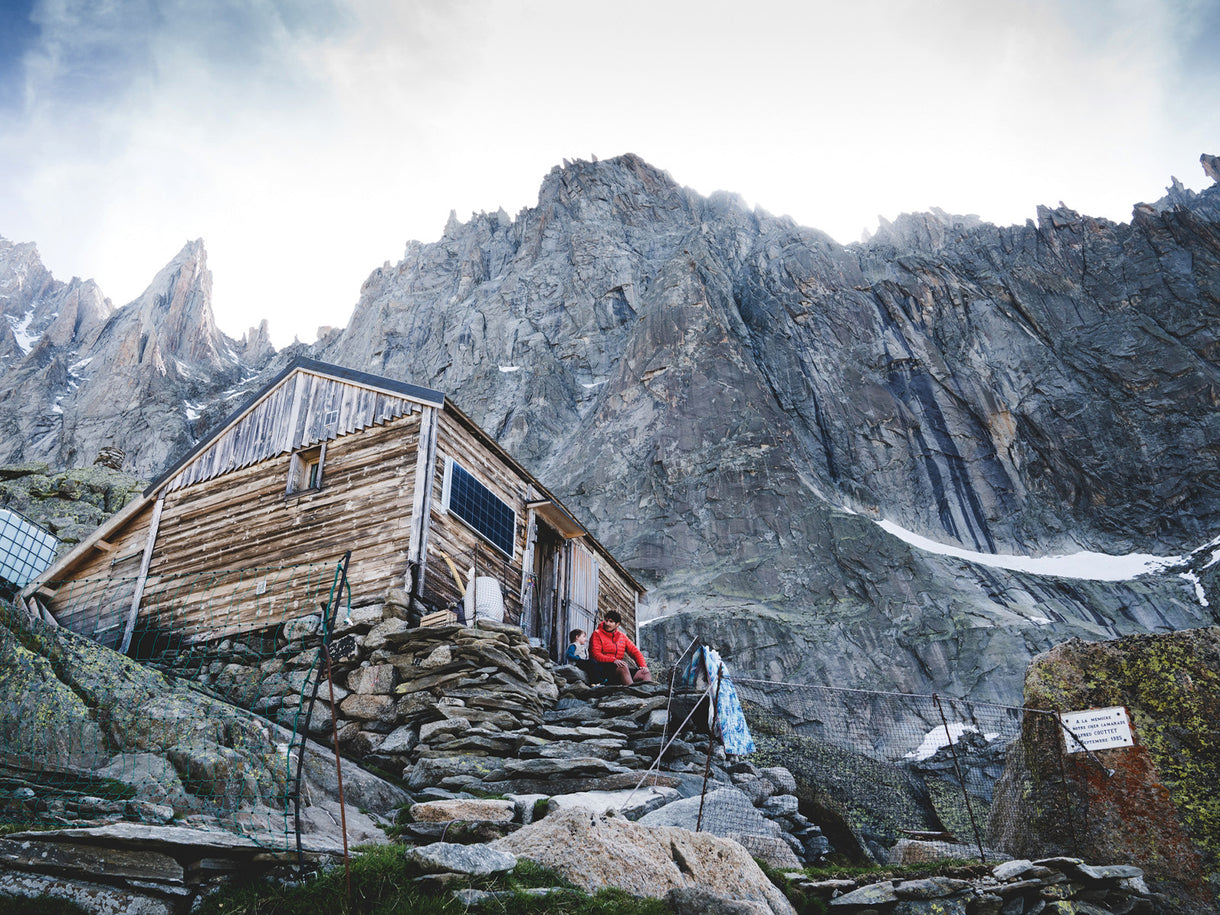
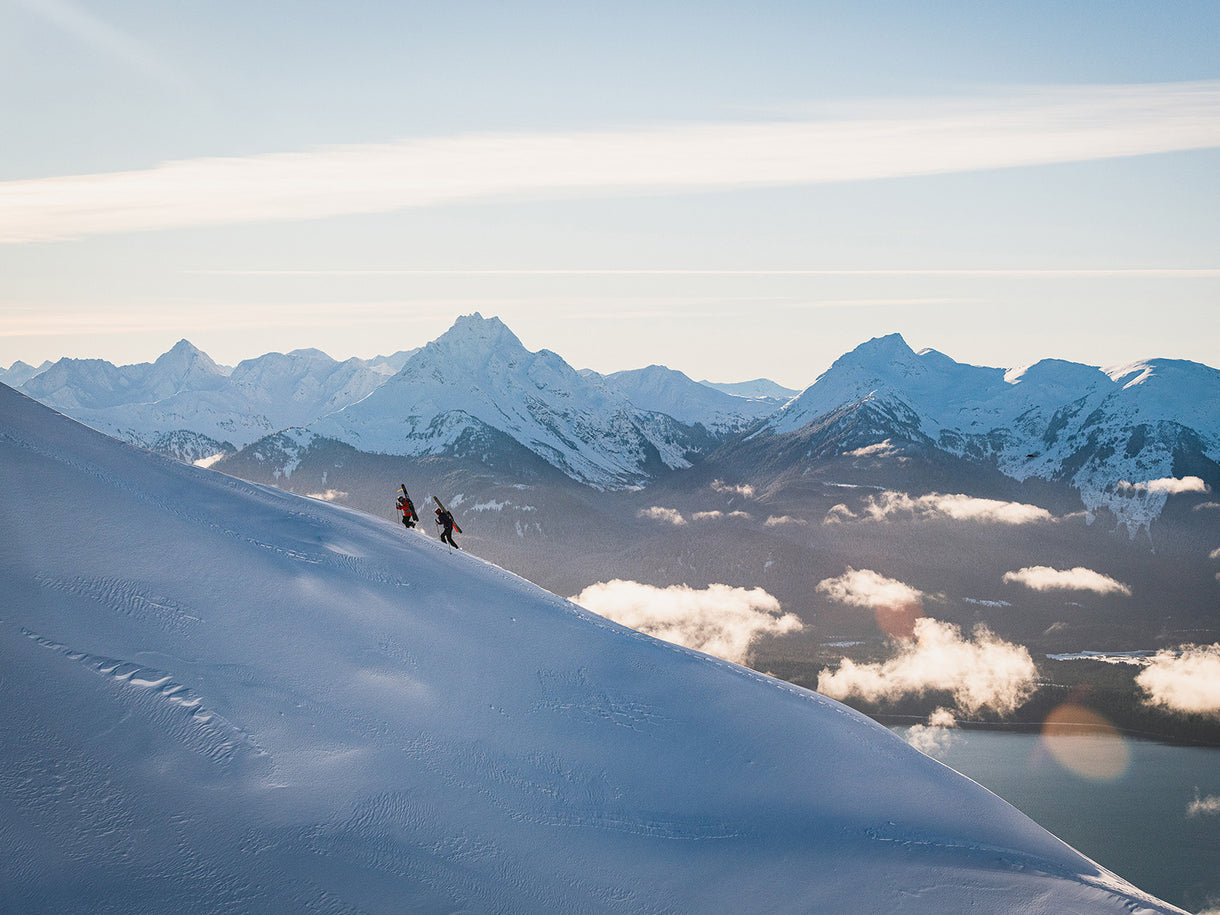
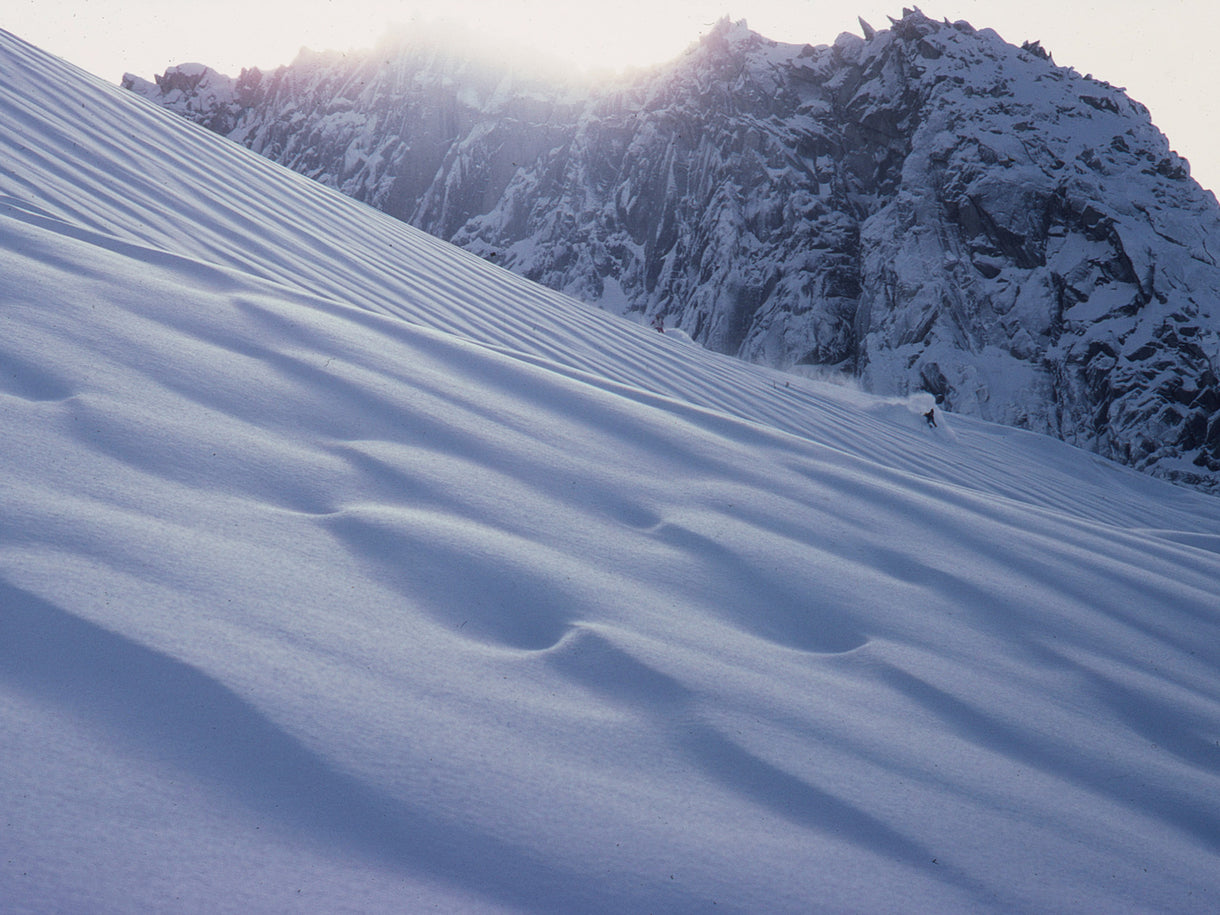
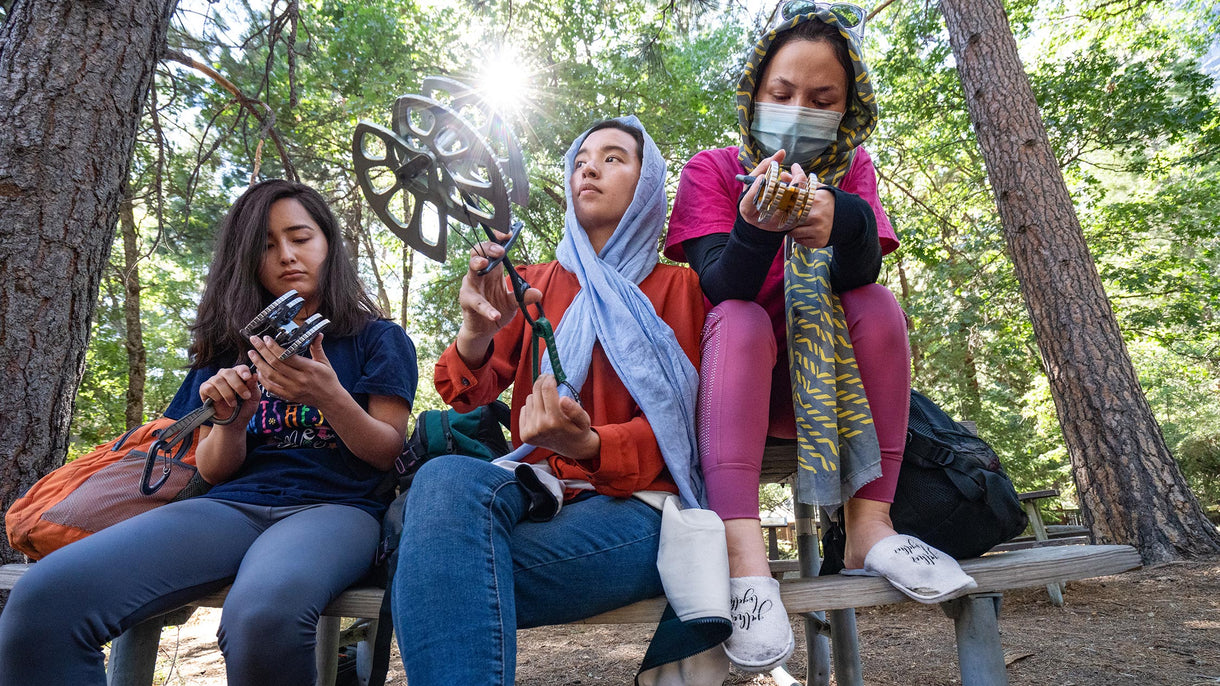
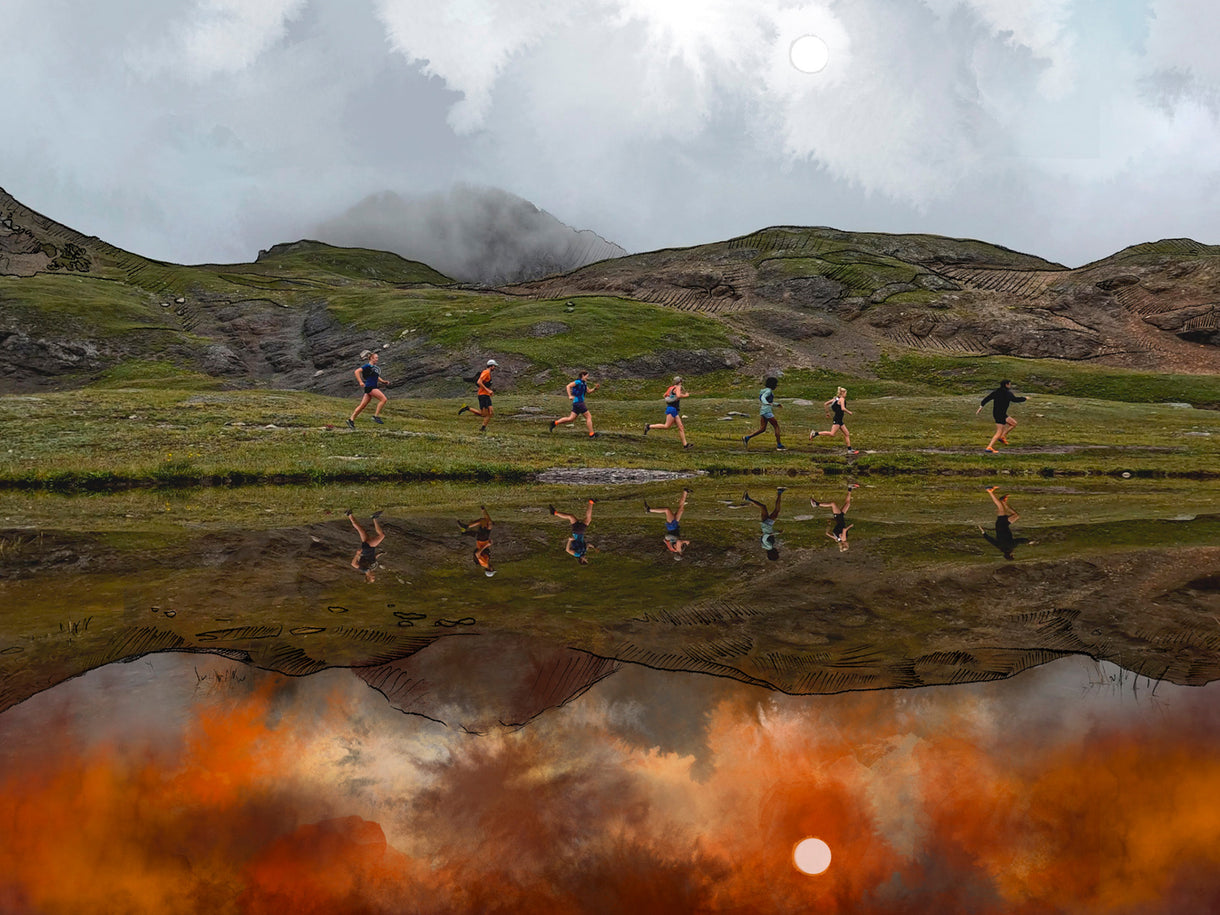
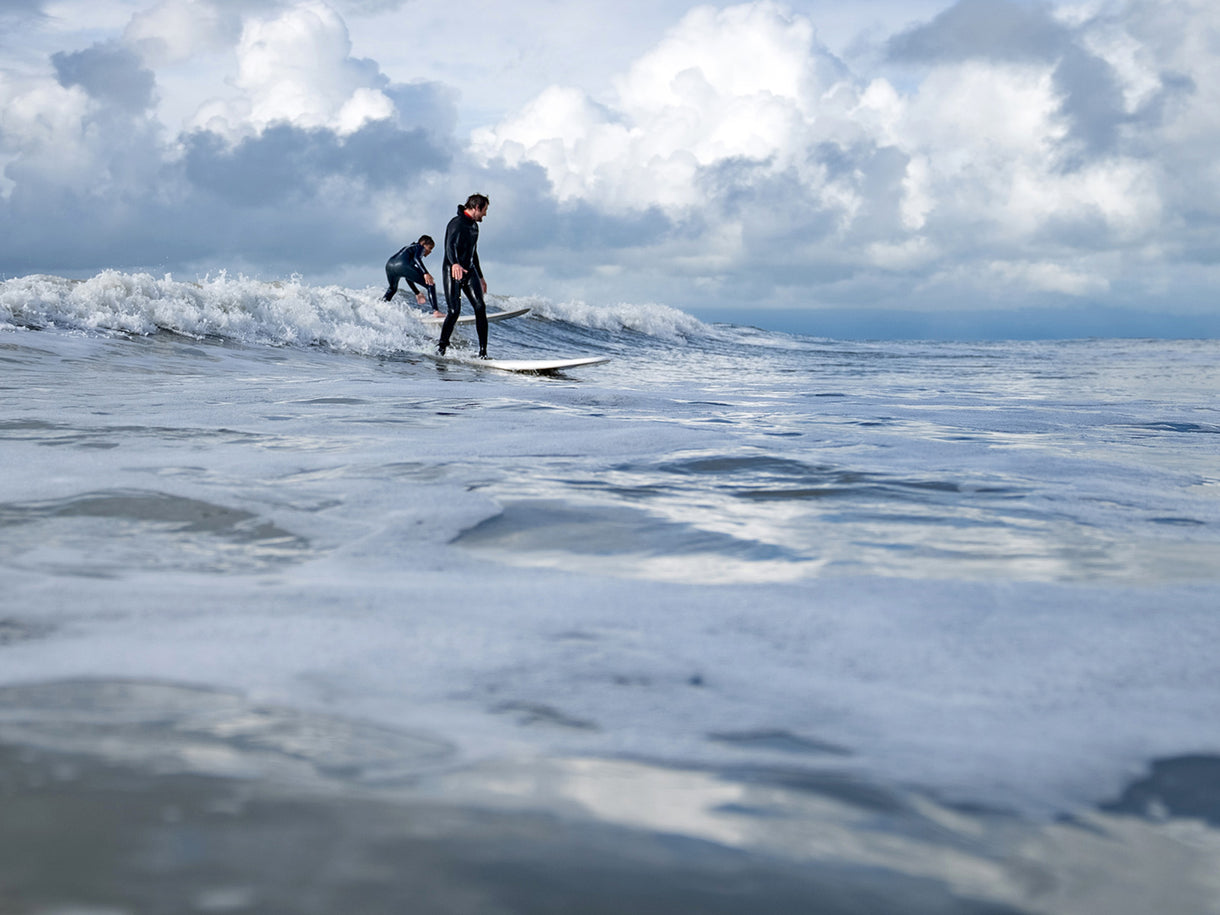

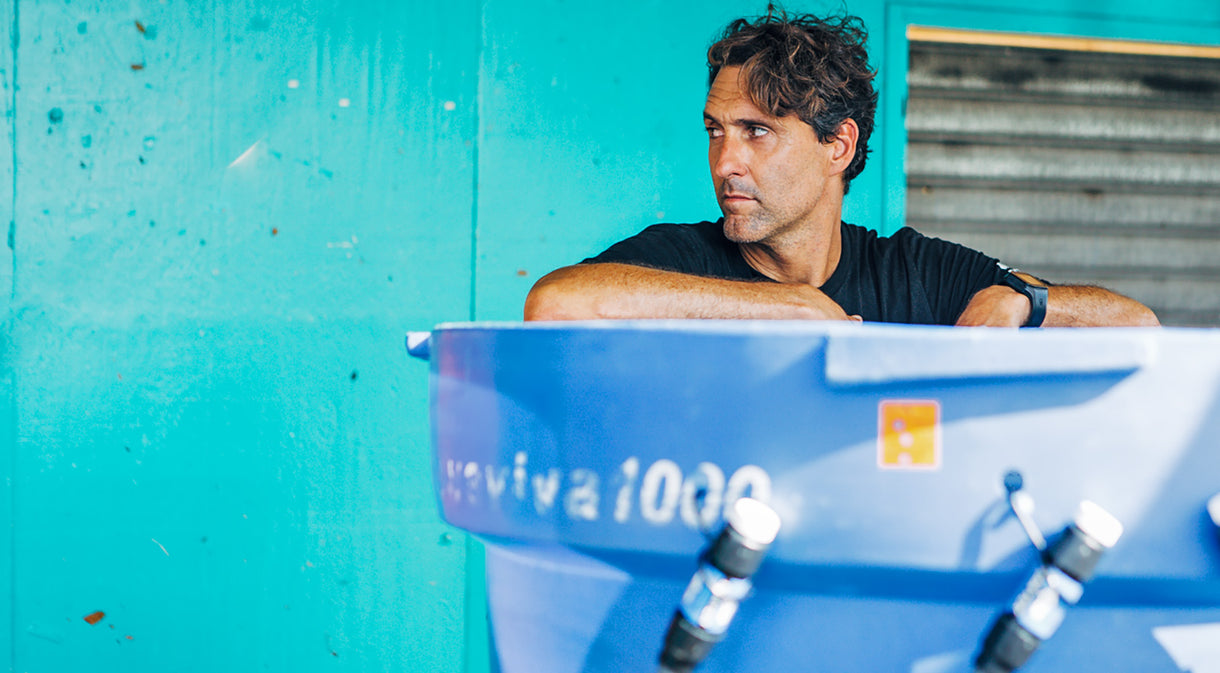
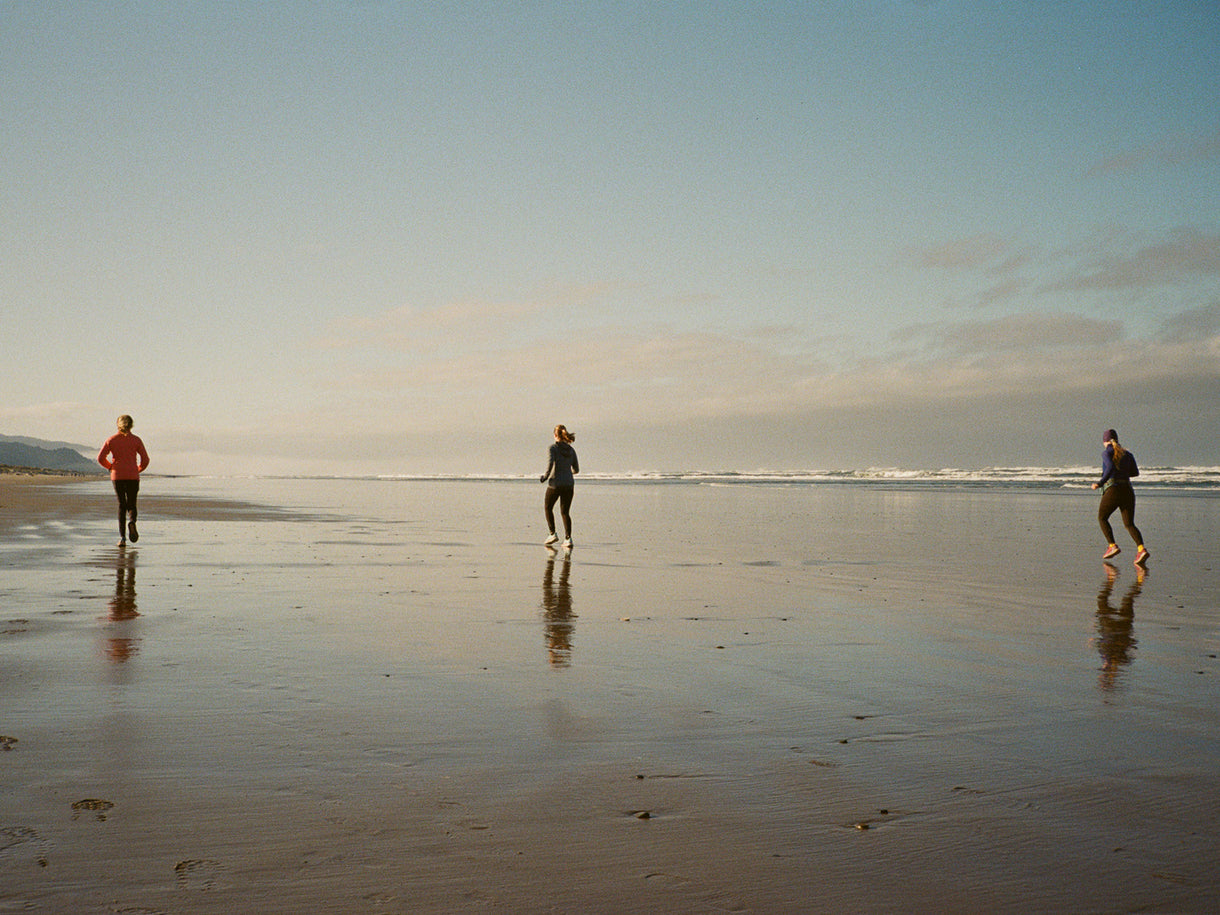
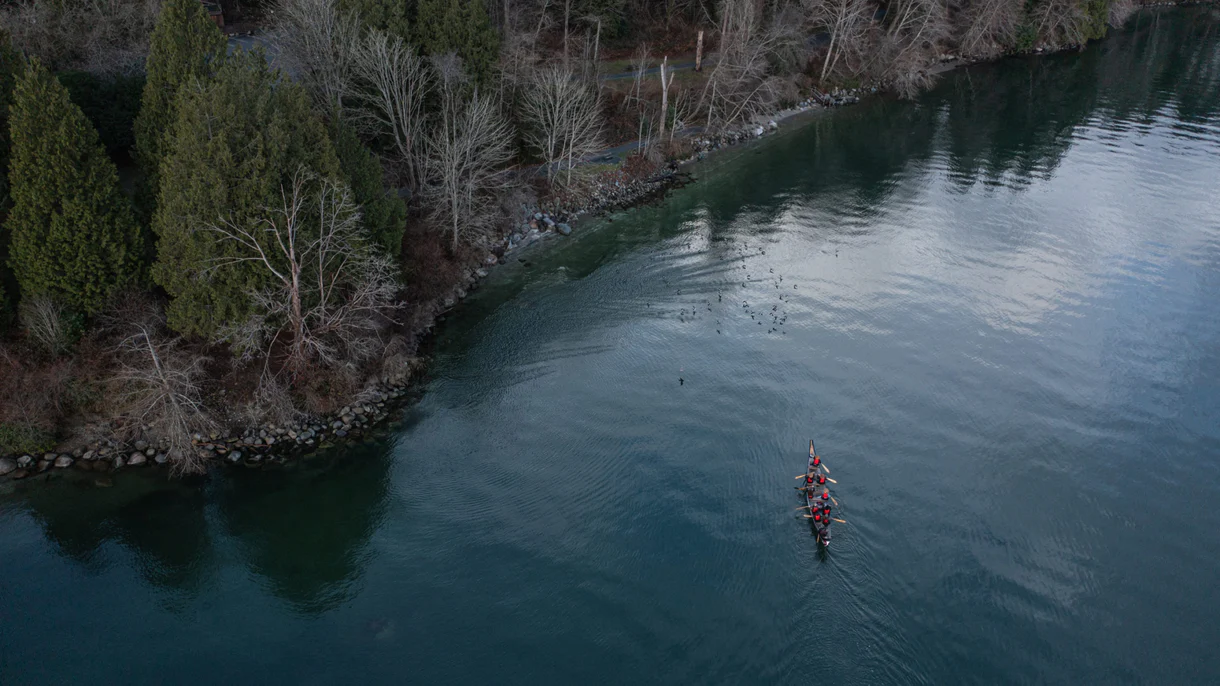
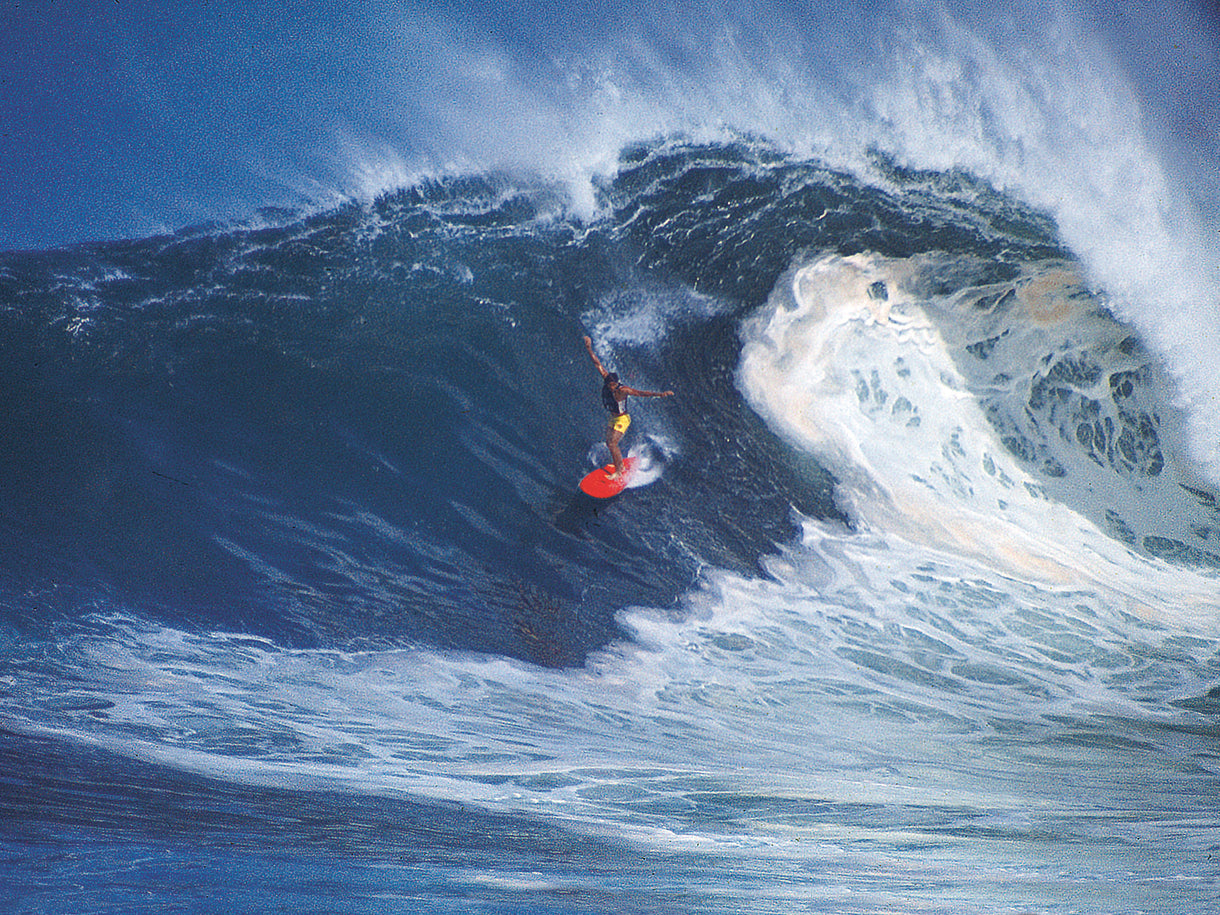
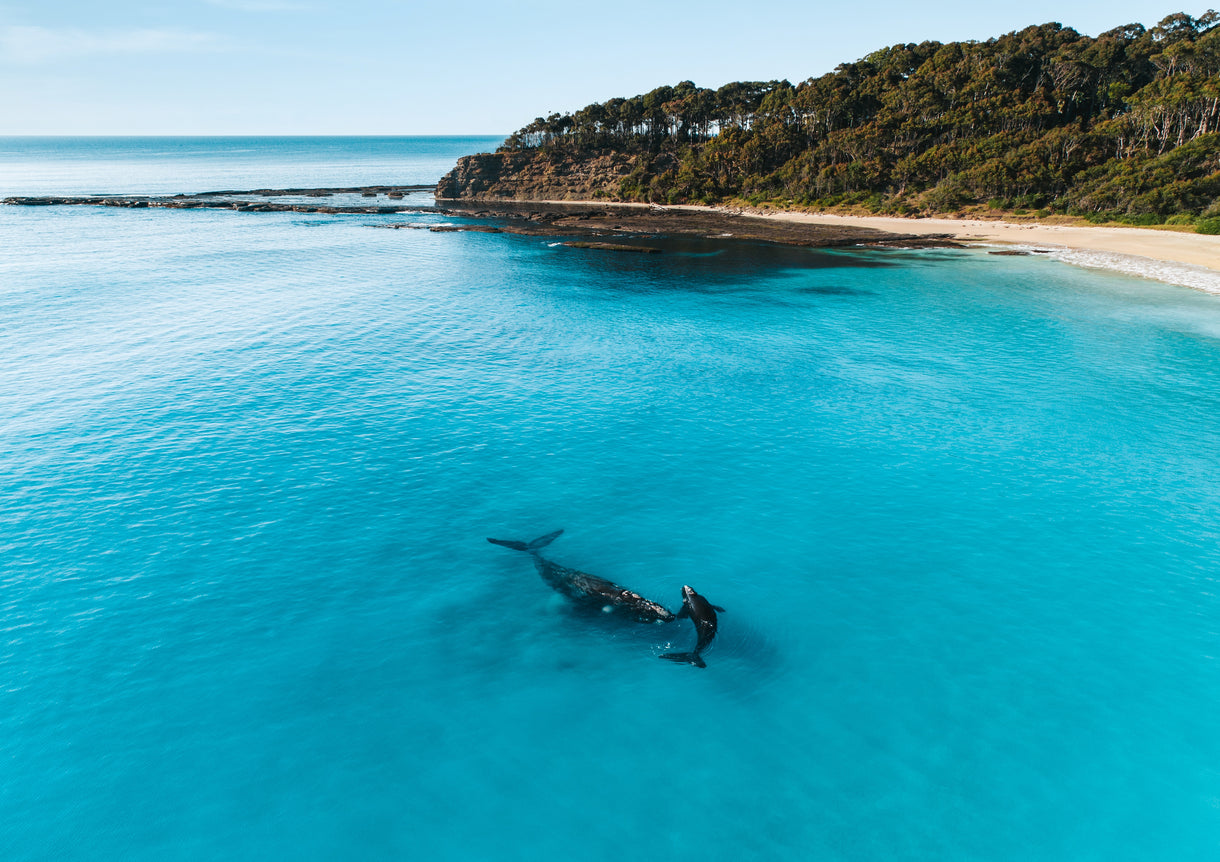
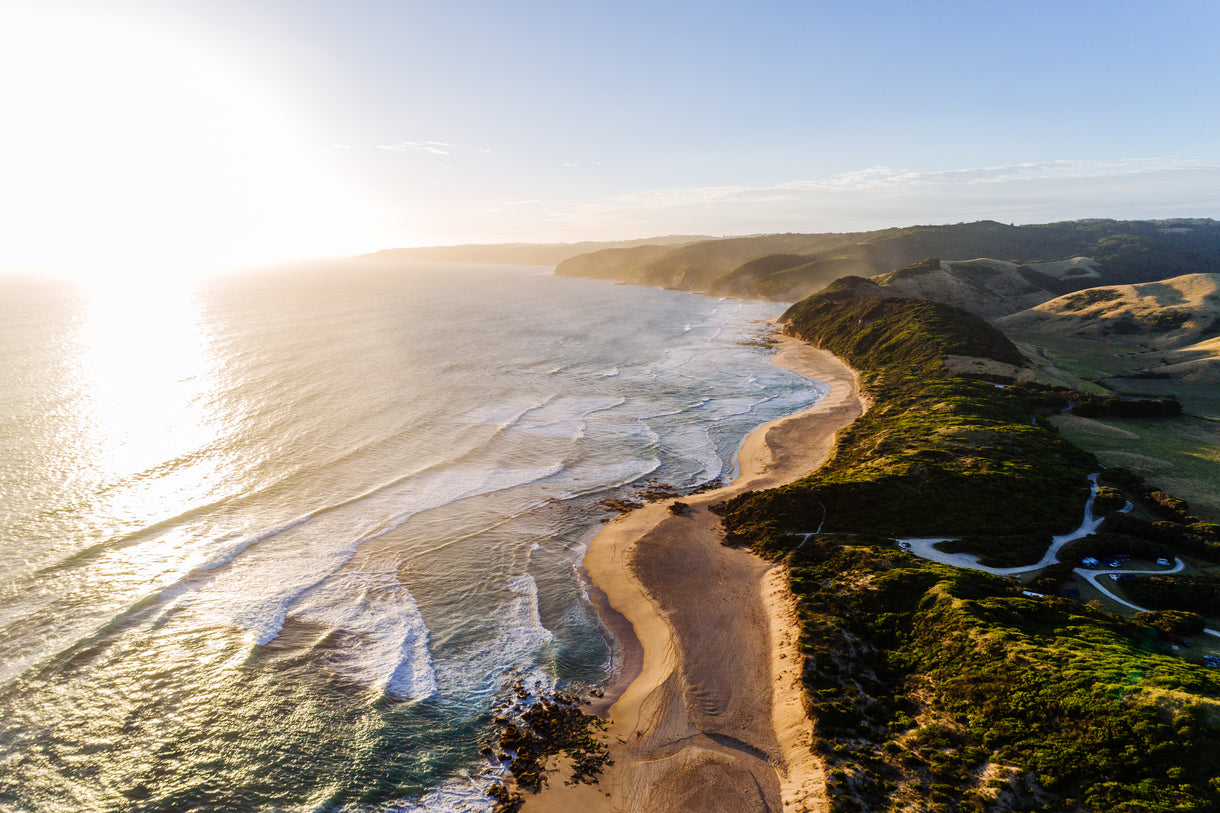
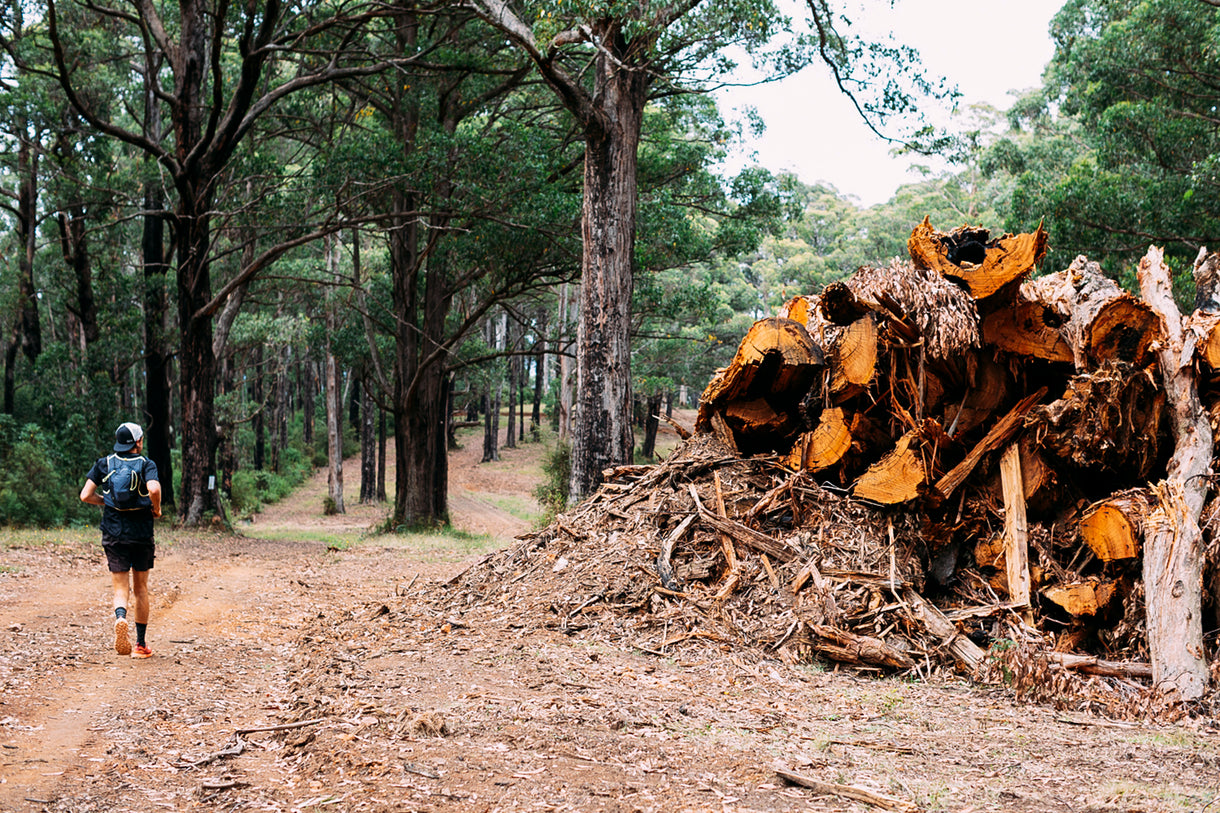
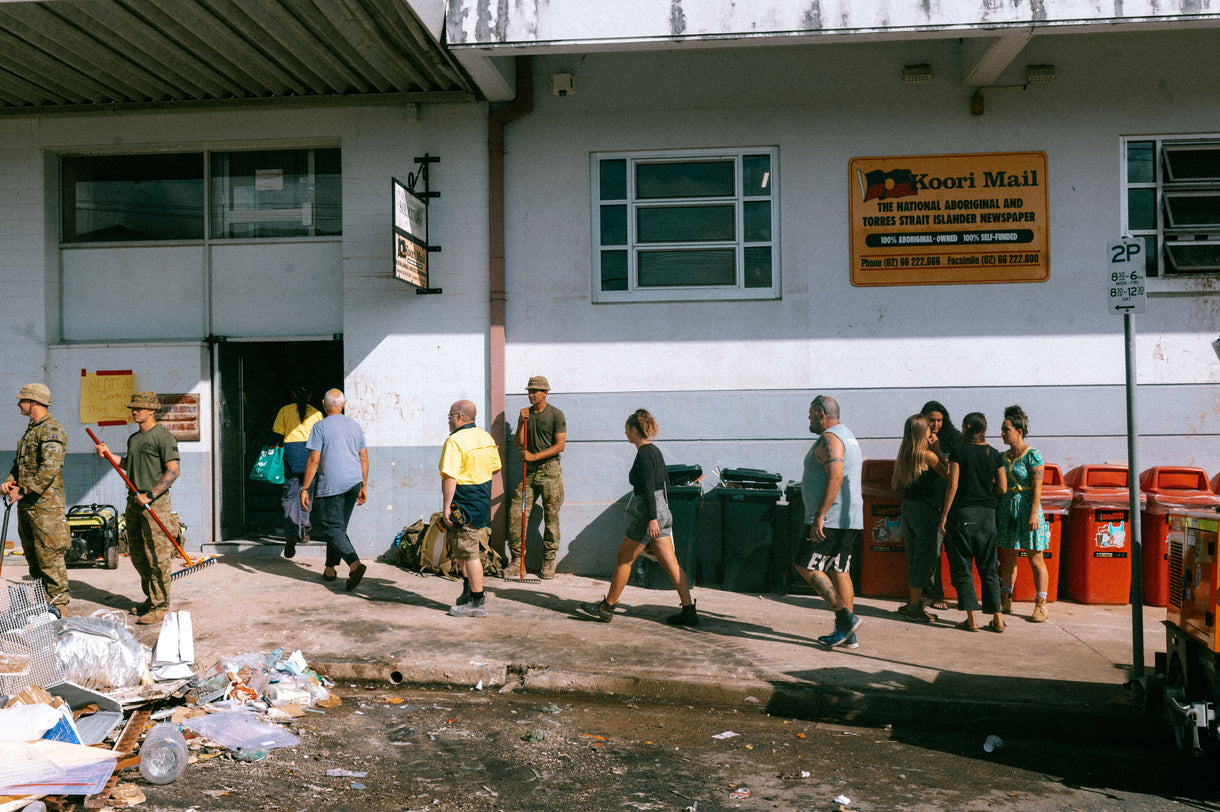




Raised in Puerto Rico, Otto Flores was soon winning multiple national titles and representing his country on the WQS tour. But charging barrels was always his real passion, and he left competitive surfing to travel the world in search of more challenging waves. Otto’s committed approach in serious conditions has earned him a stack of magazine covers, and he continues to clock as much tube time as possible. He’s also the co-founder of Granito de Arena, a surf and environmental organization that works with youth in low-income coastal communities. “We’re dedicated to teaching kids how to reduce and reuse plastic in a positive way,” he says. “We get their attention through teaching them to surf, then educate them about how plastic is affecting their playground, the ocean.” Otto lives in Carolina, Puerto Rico, with his wife Andrea and son Maceo.